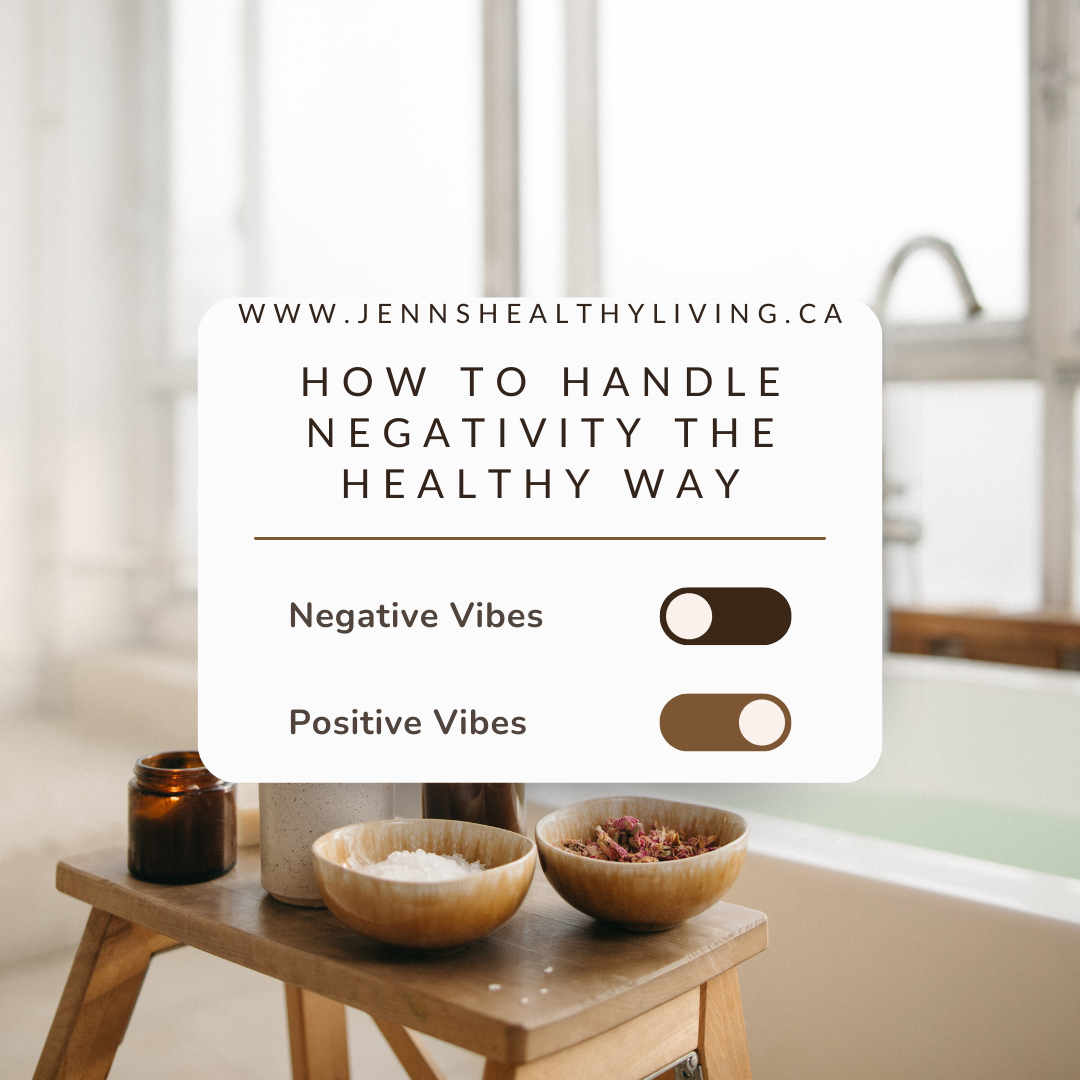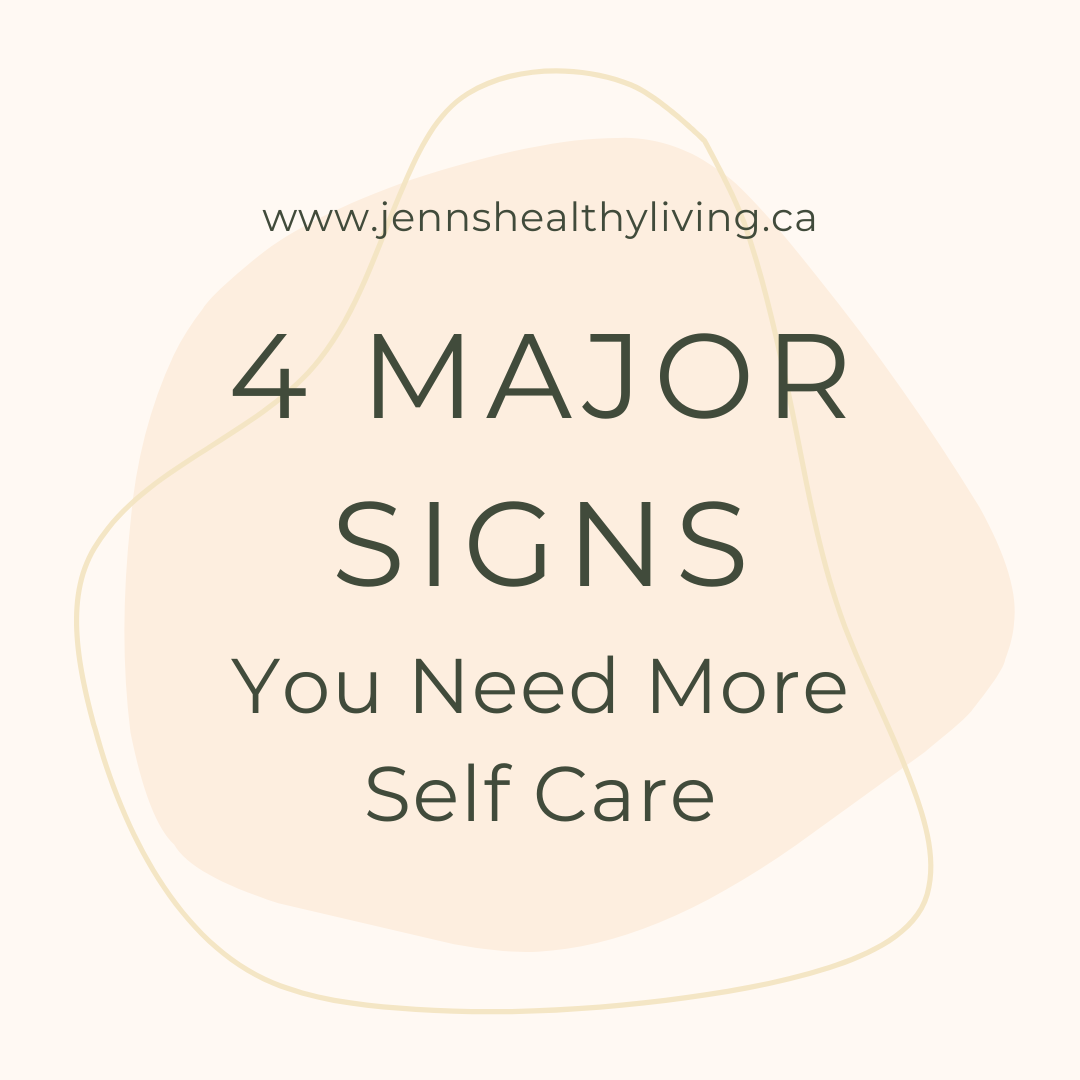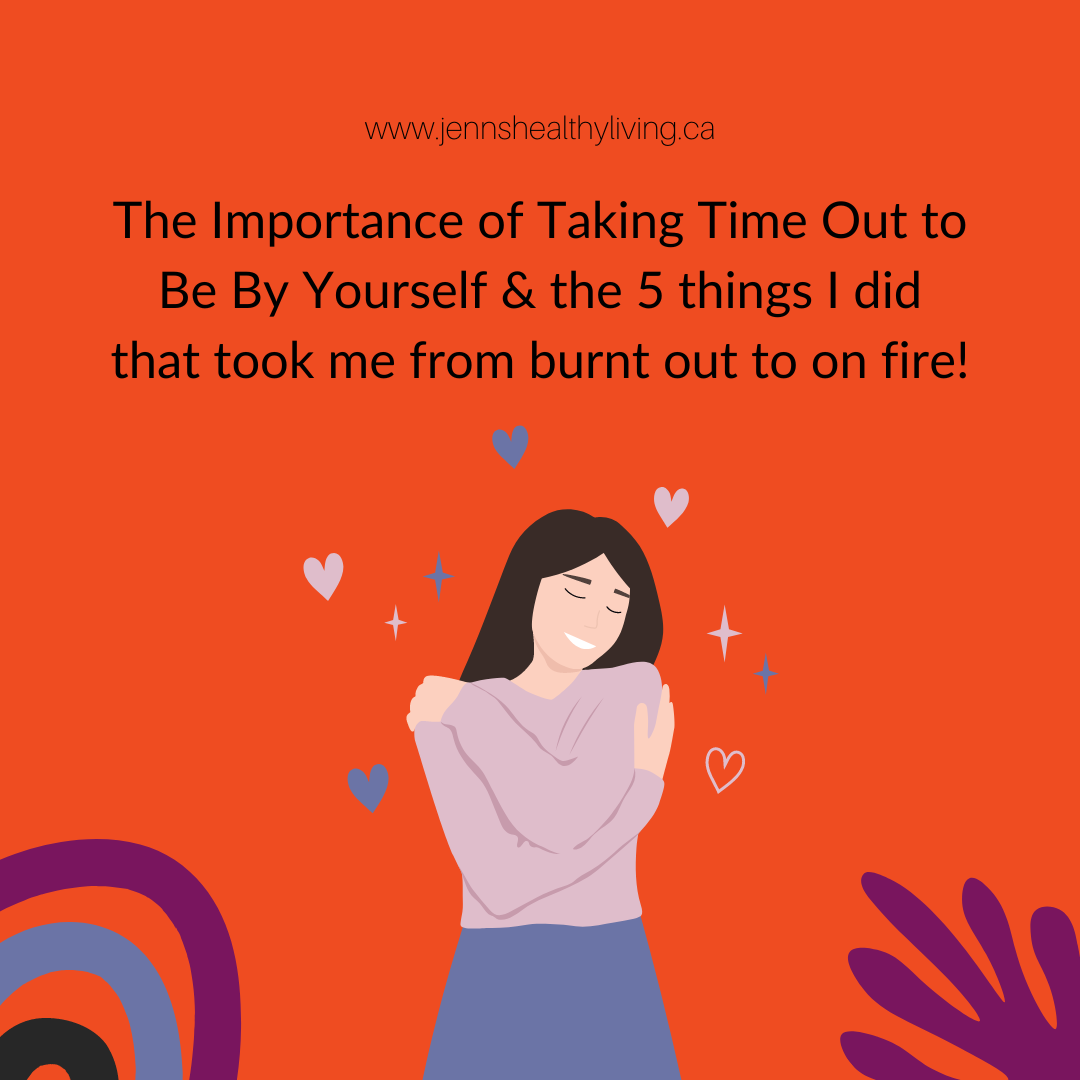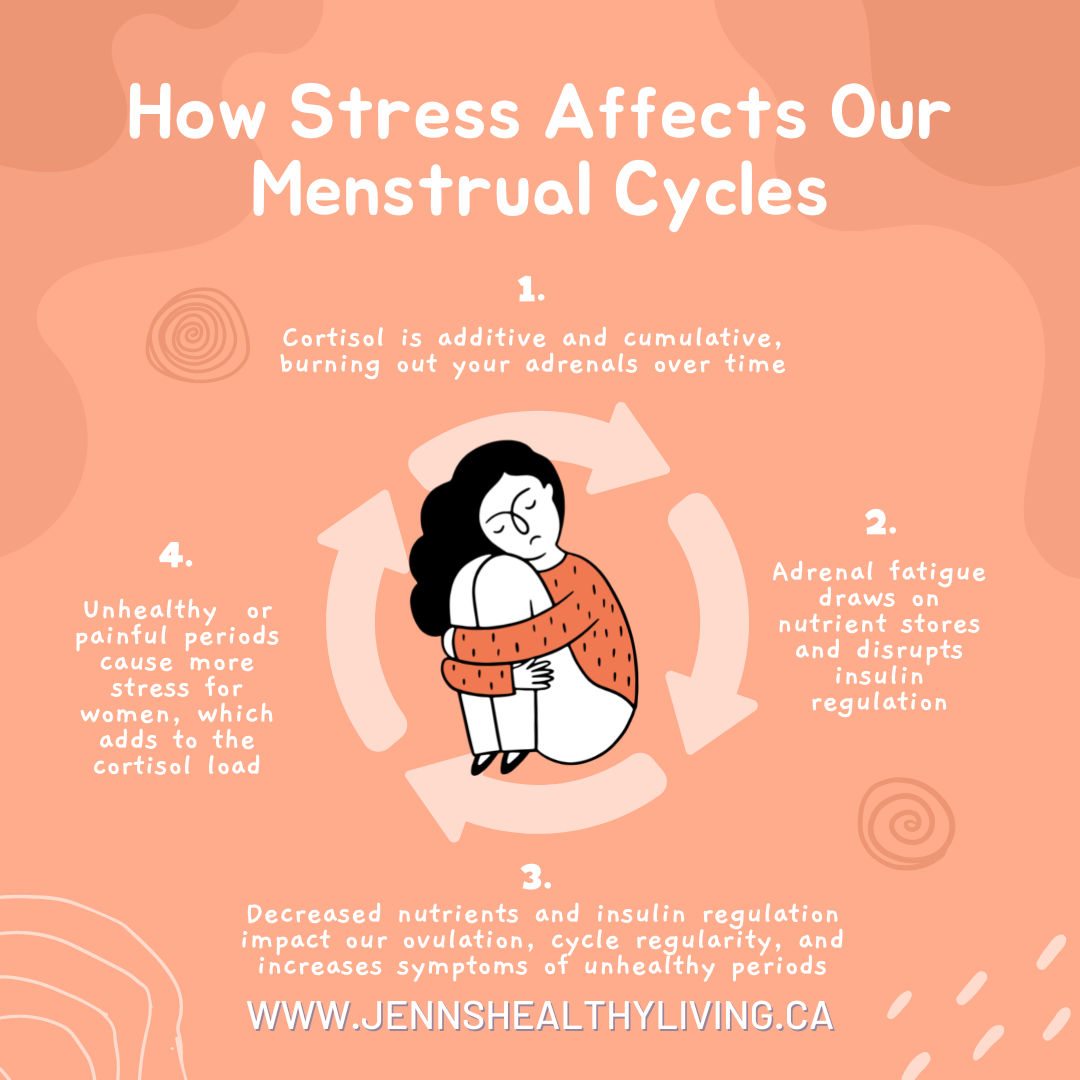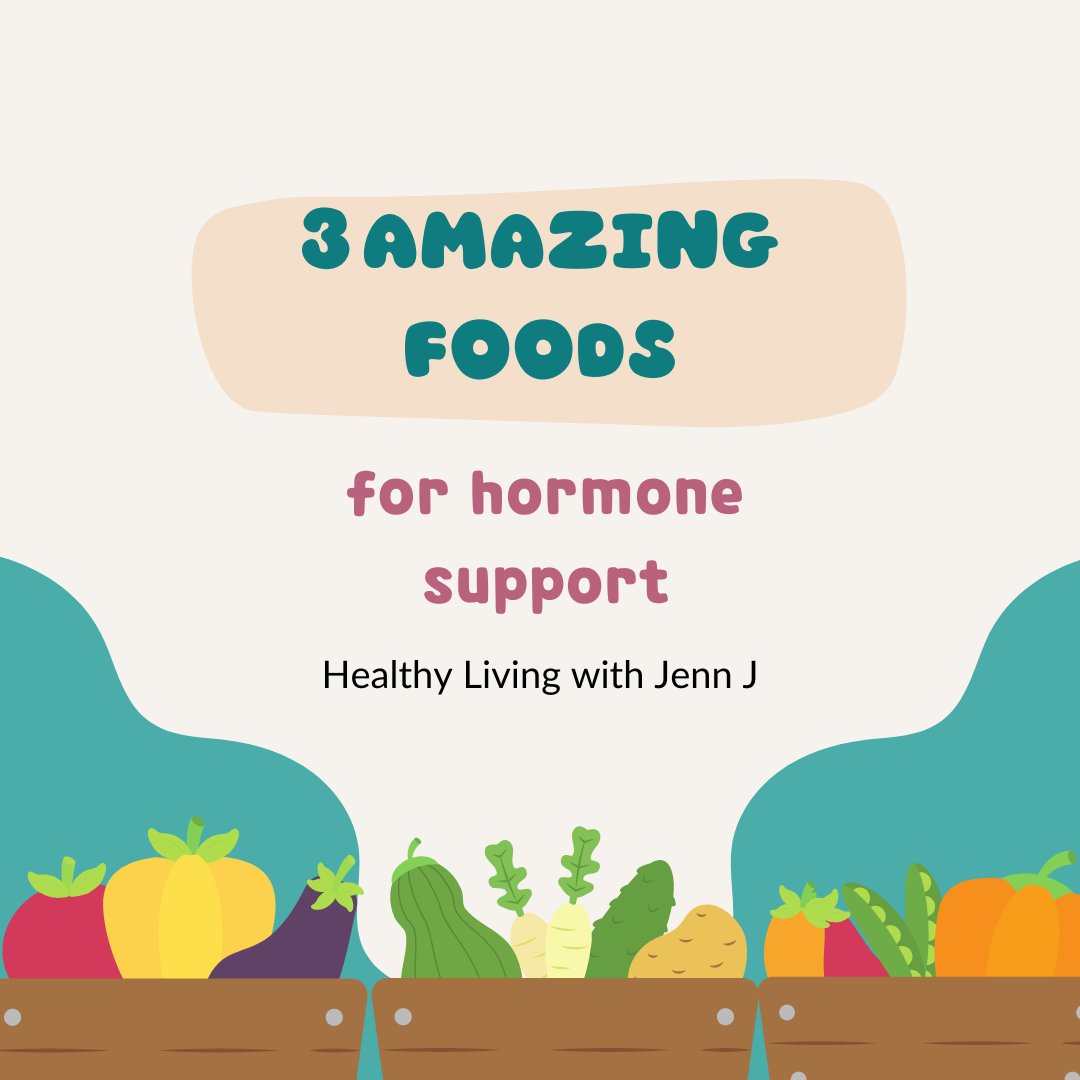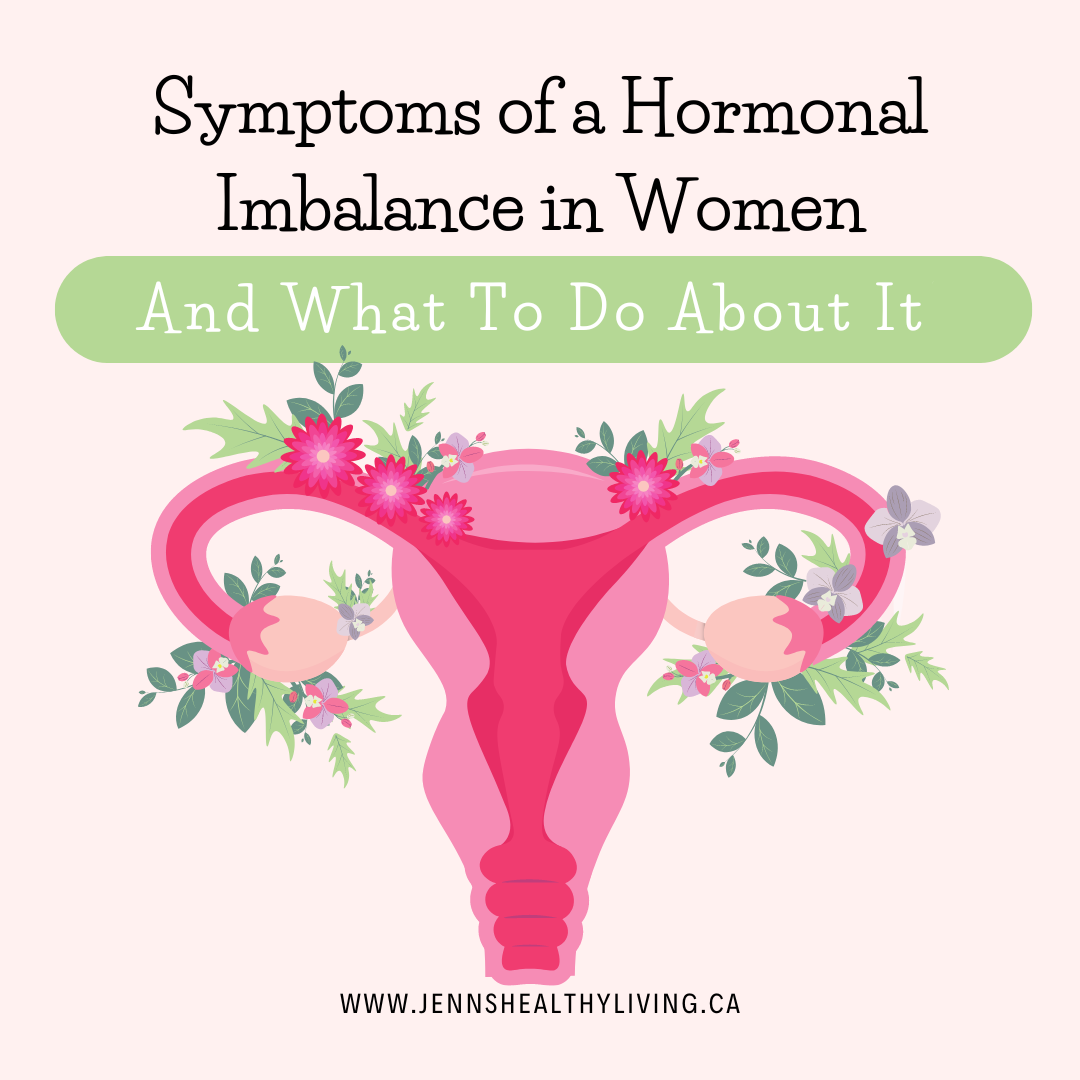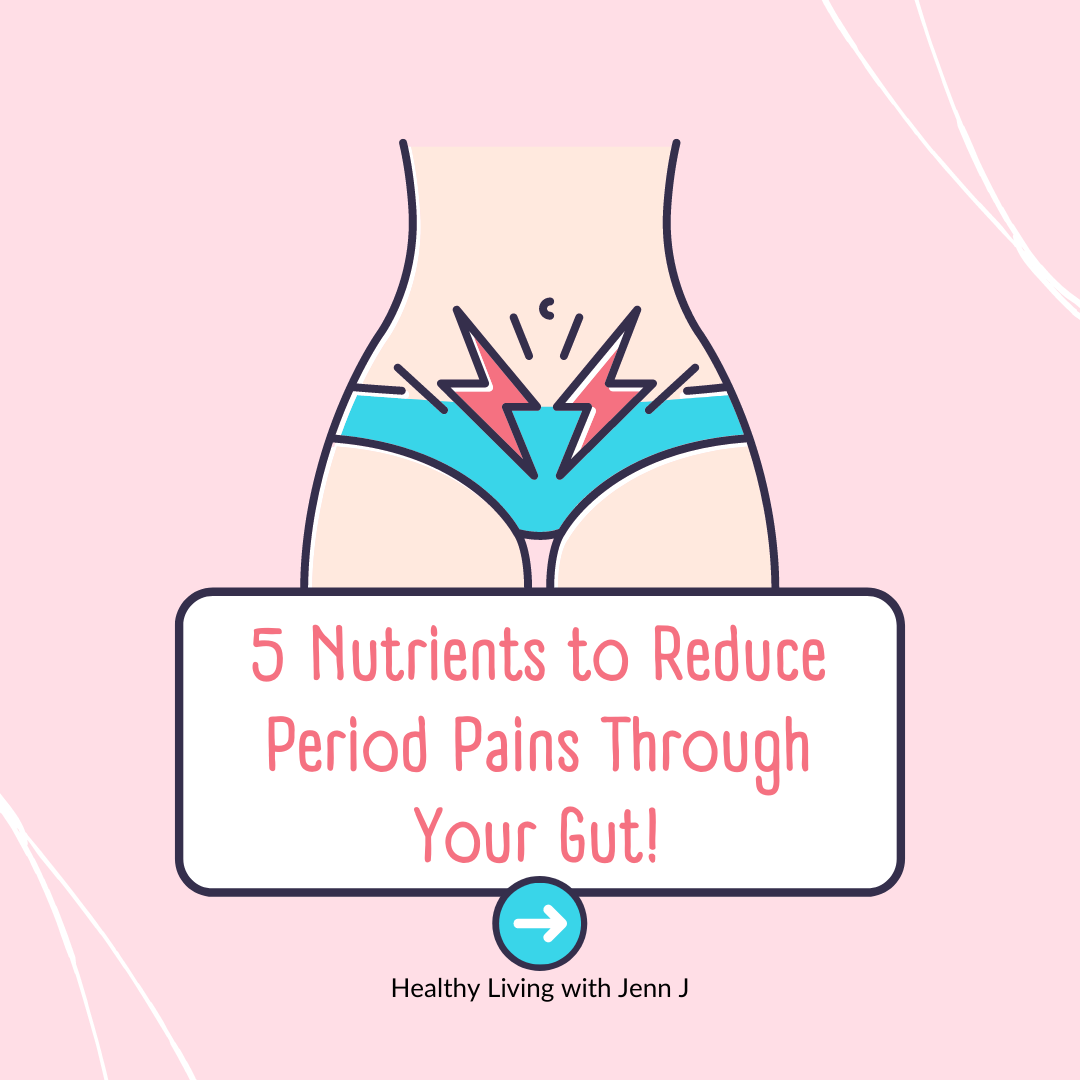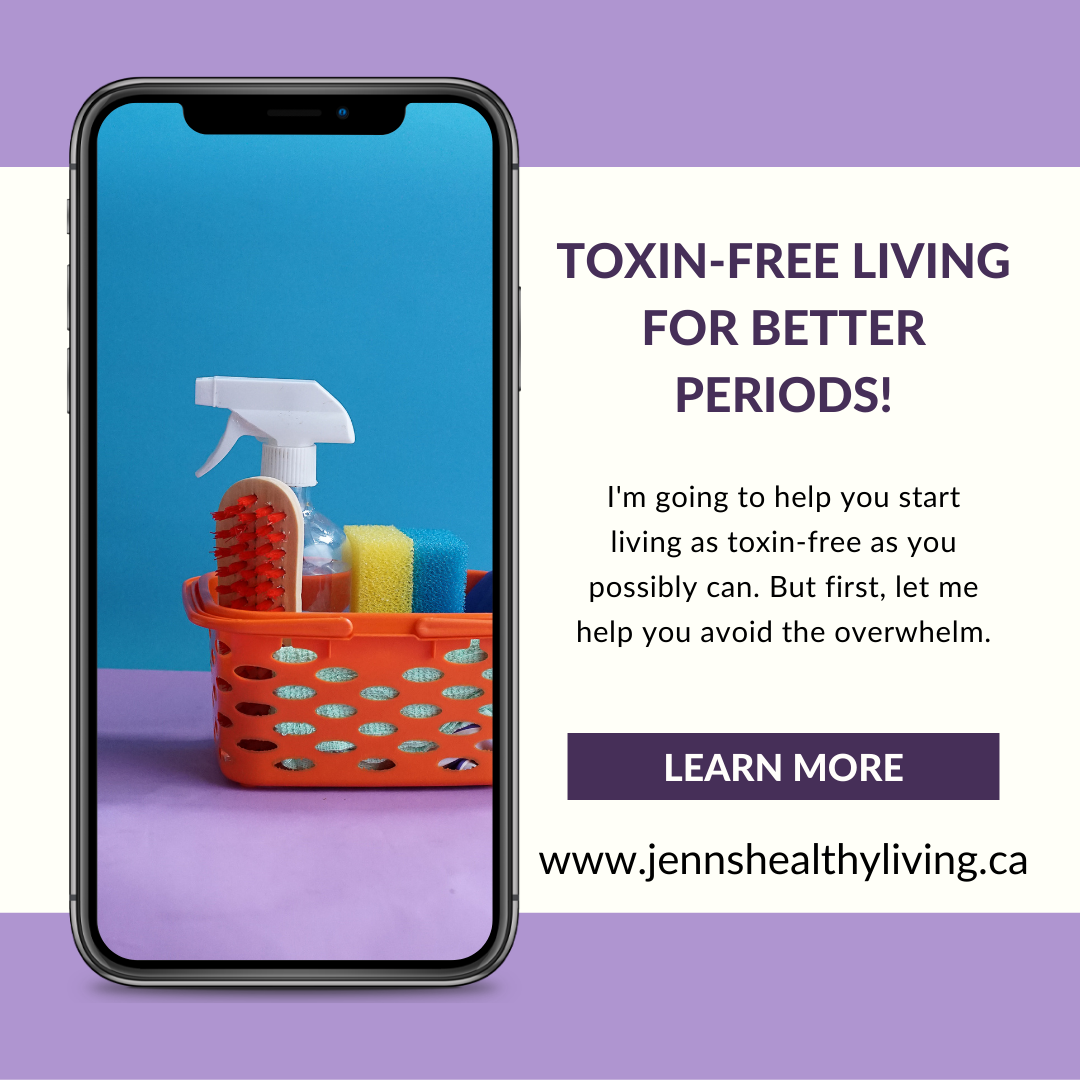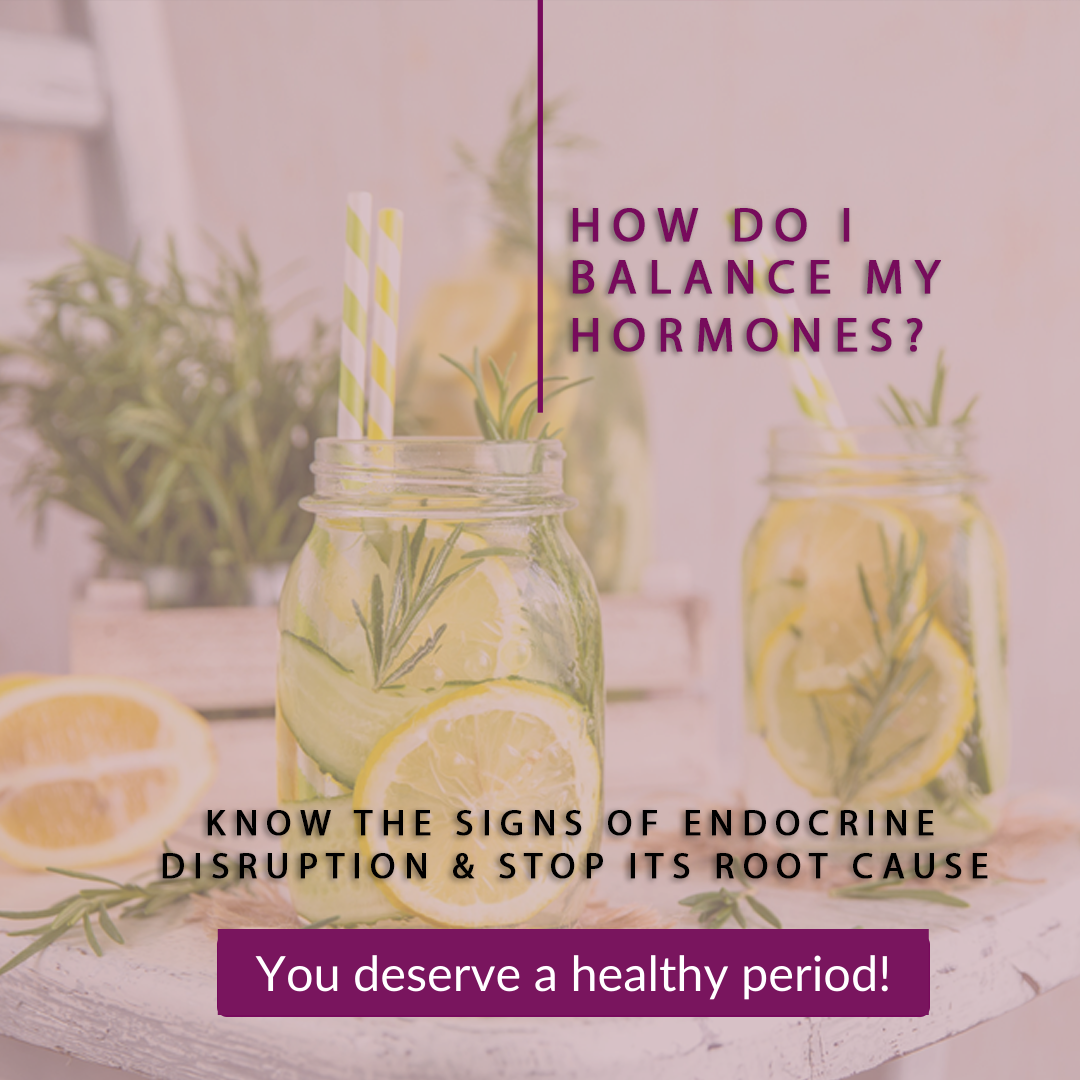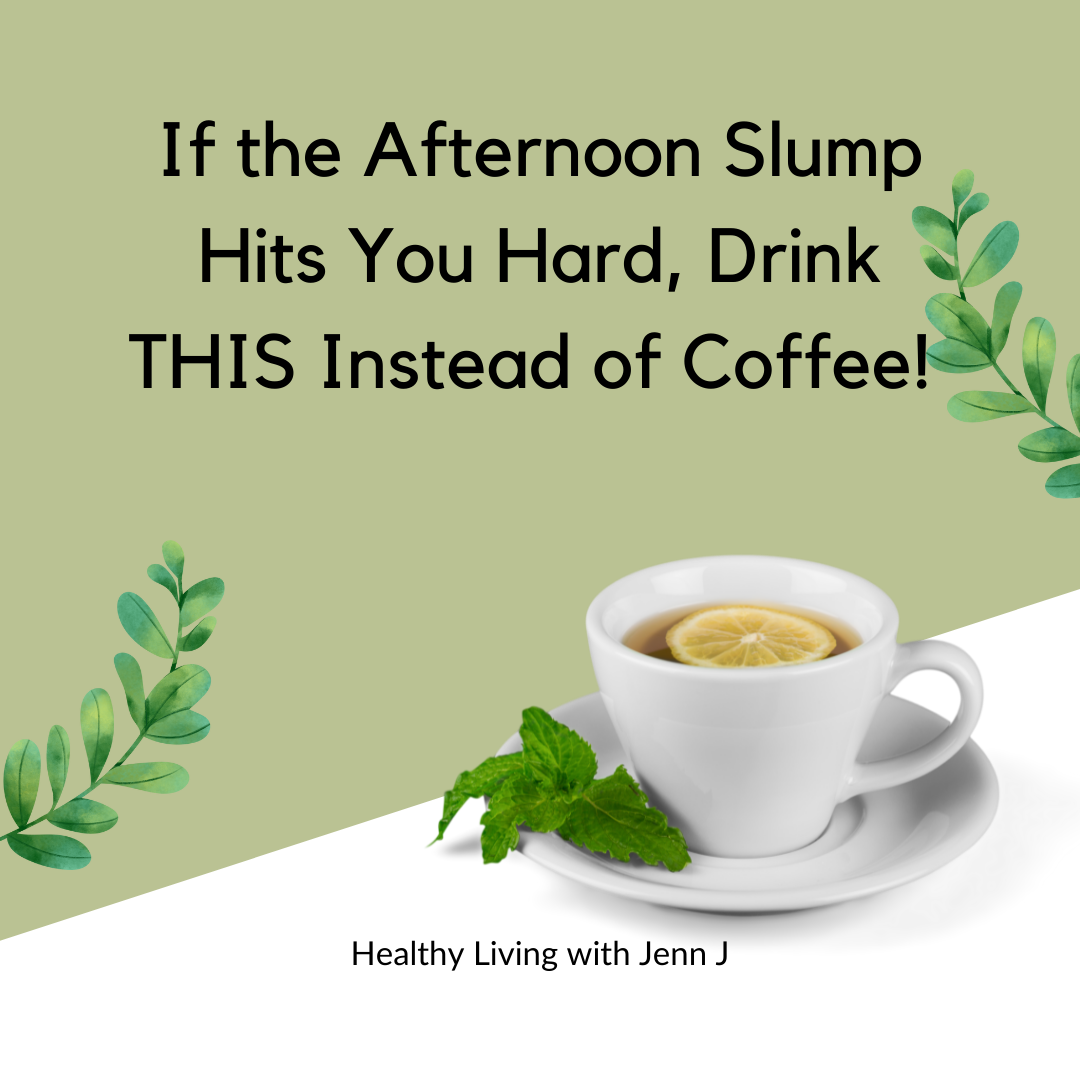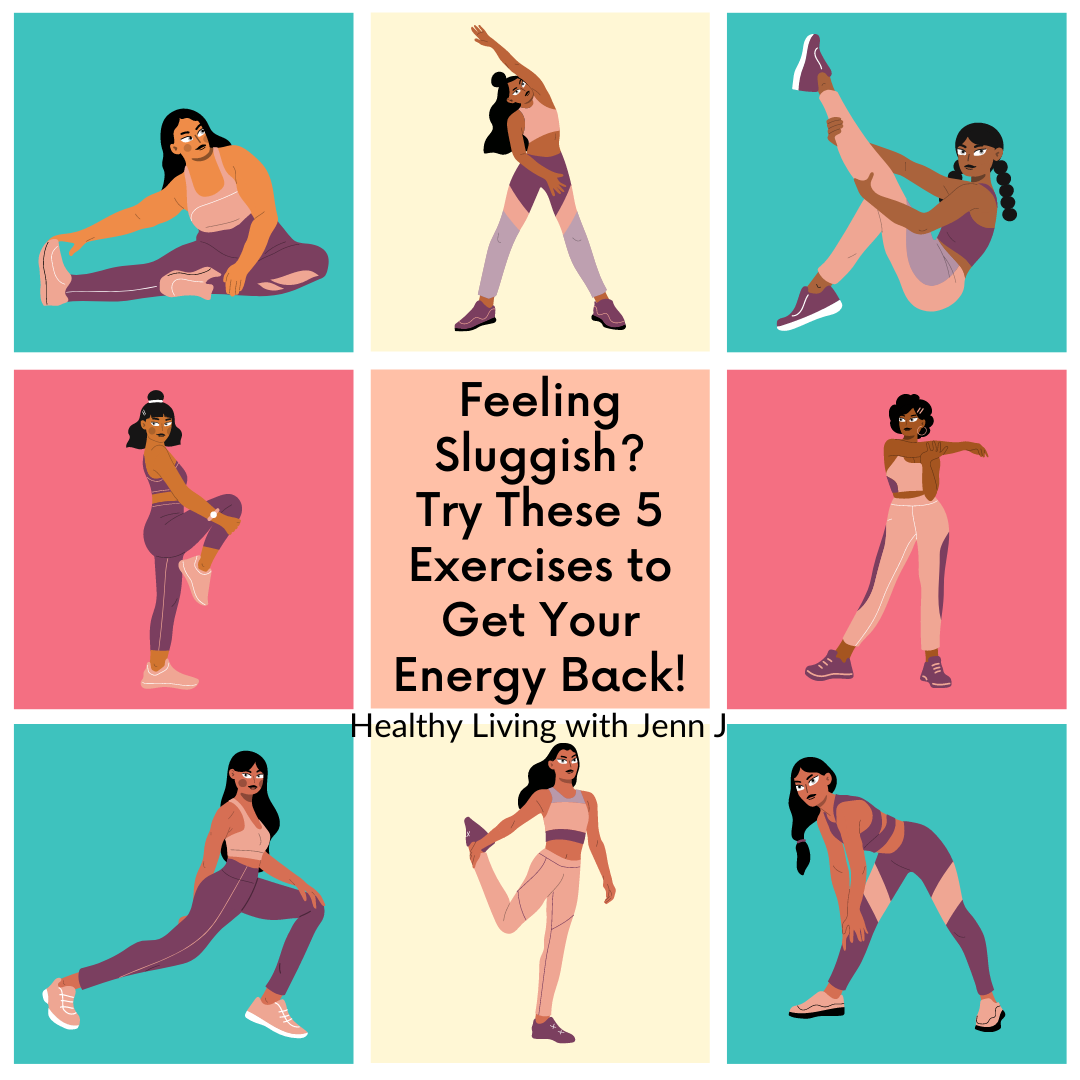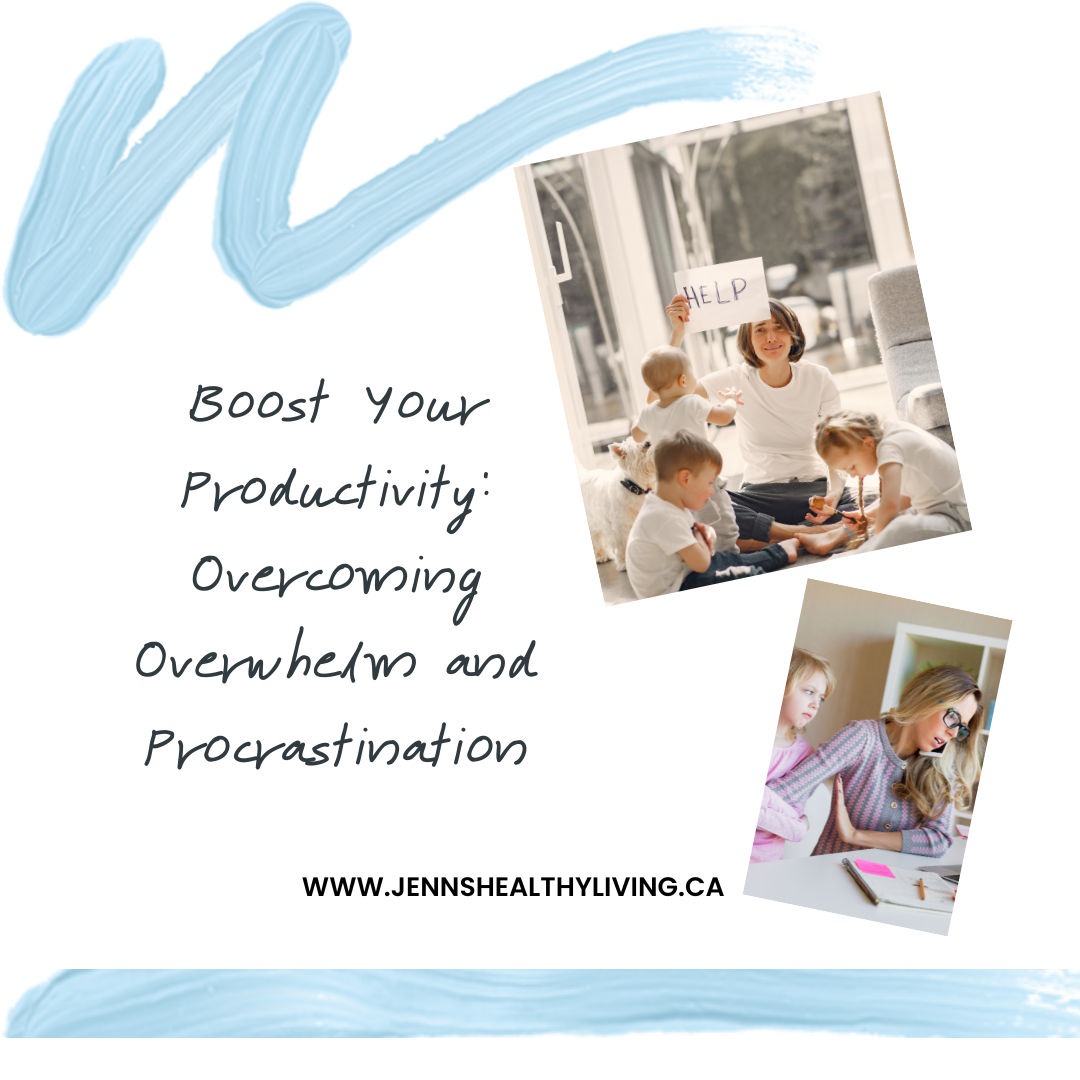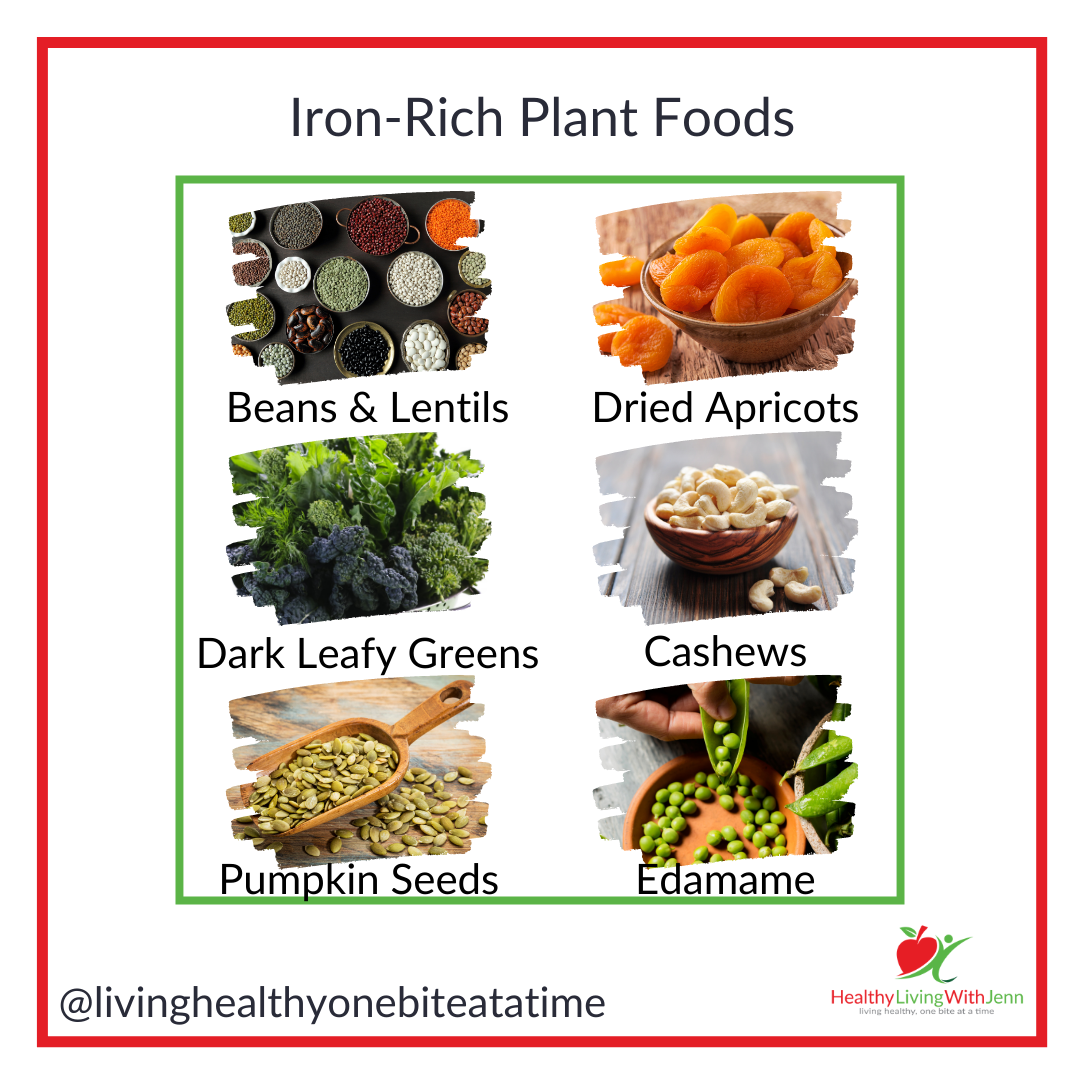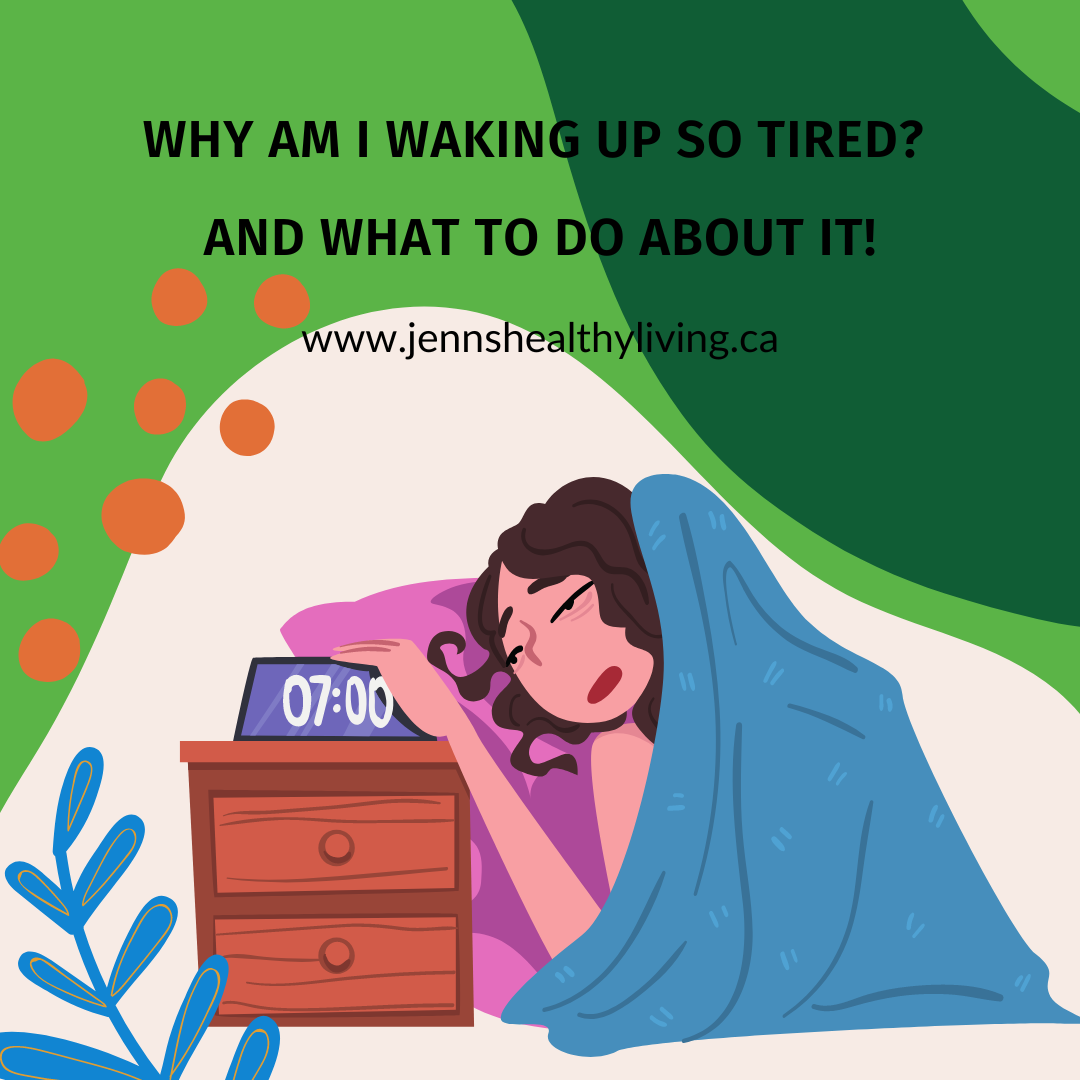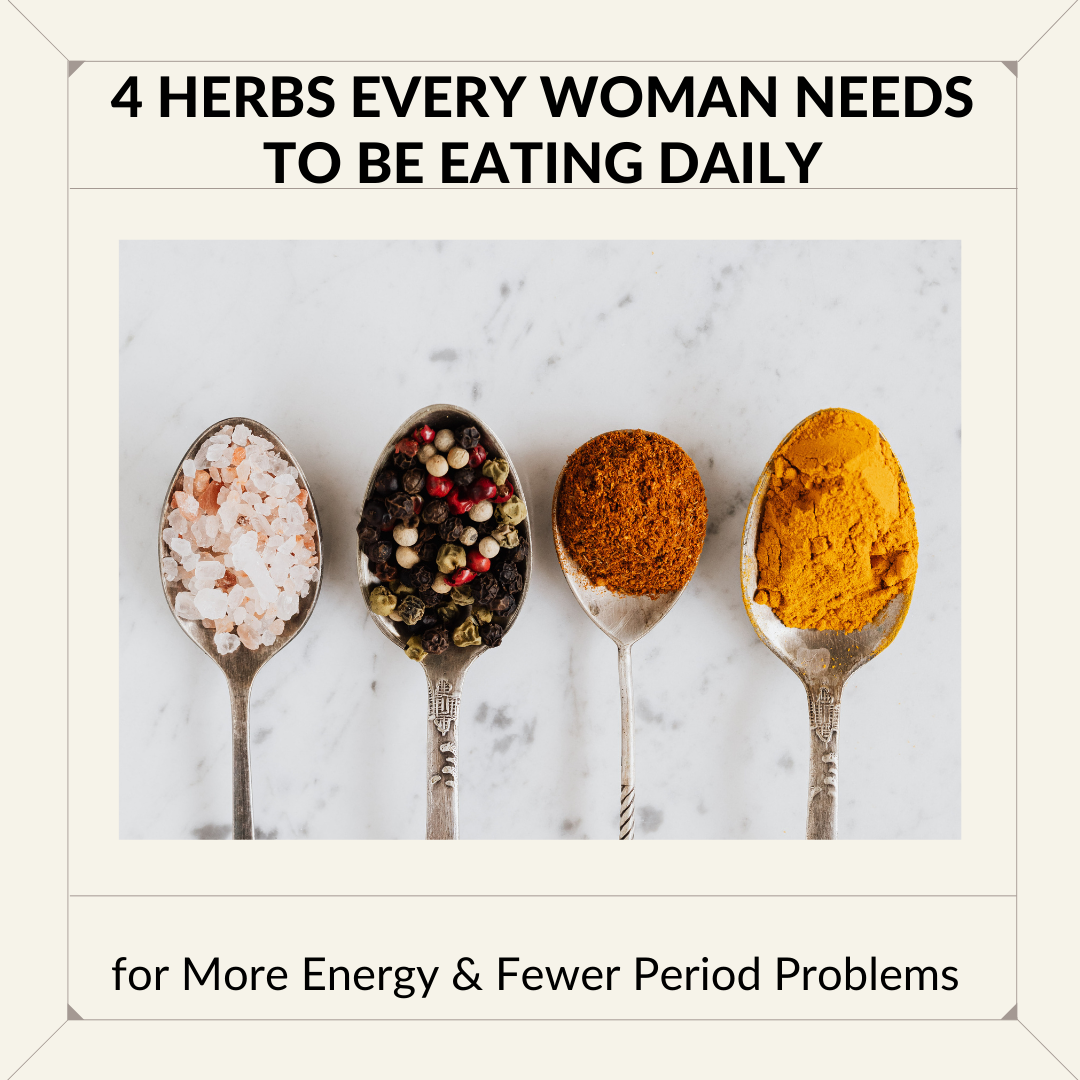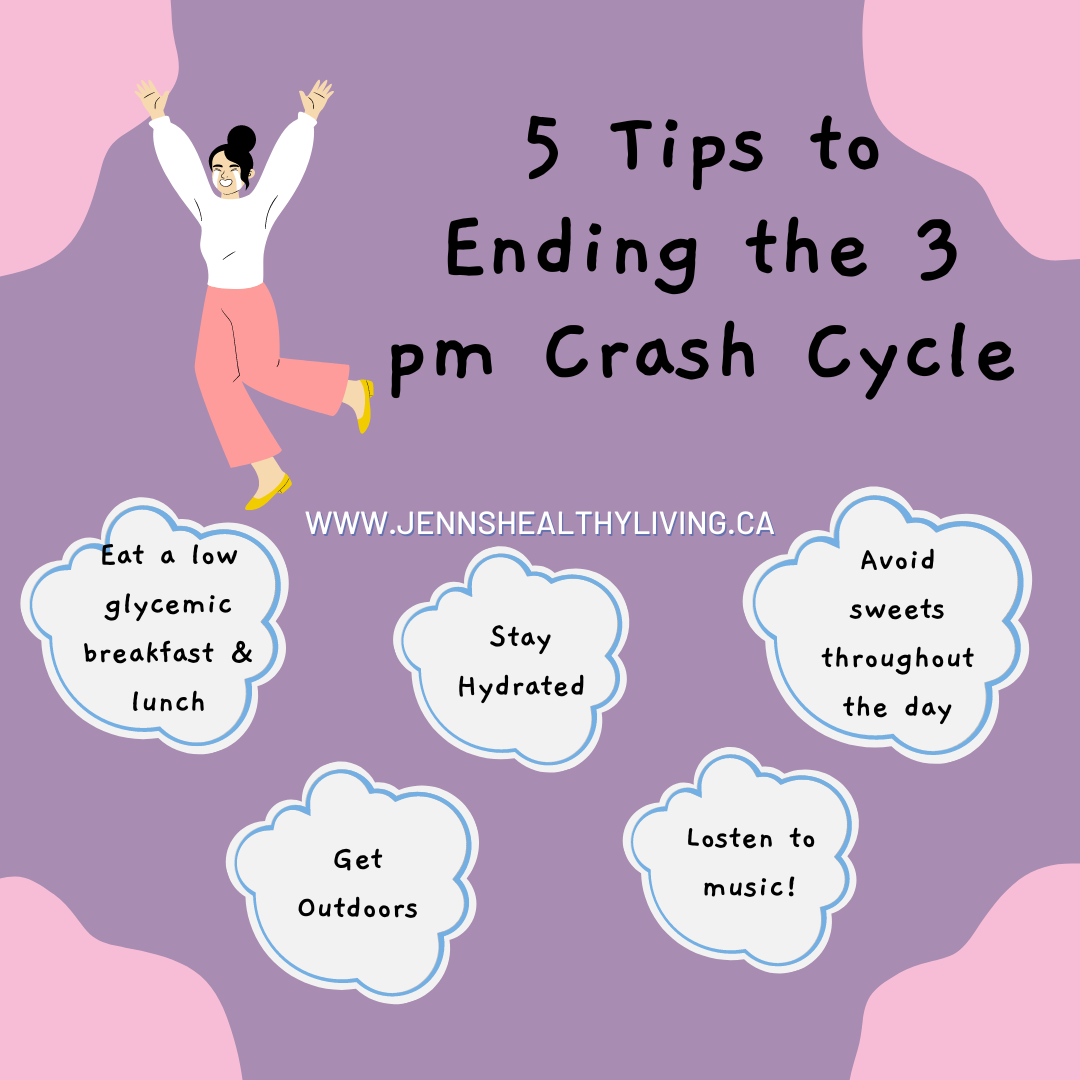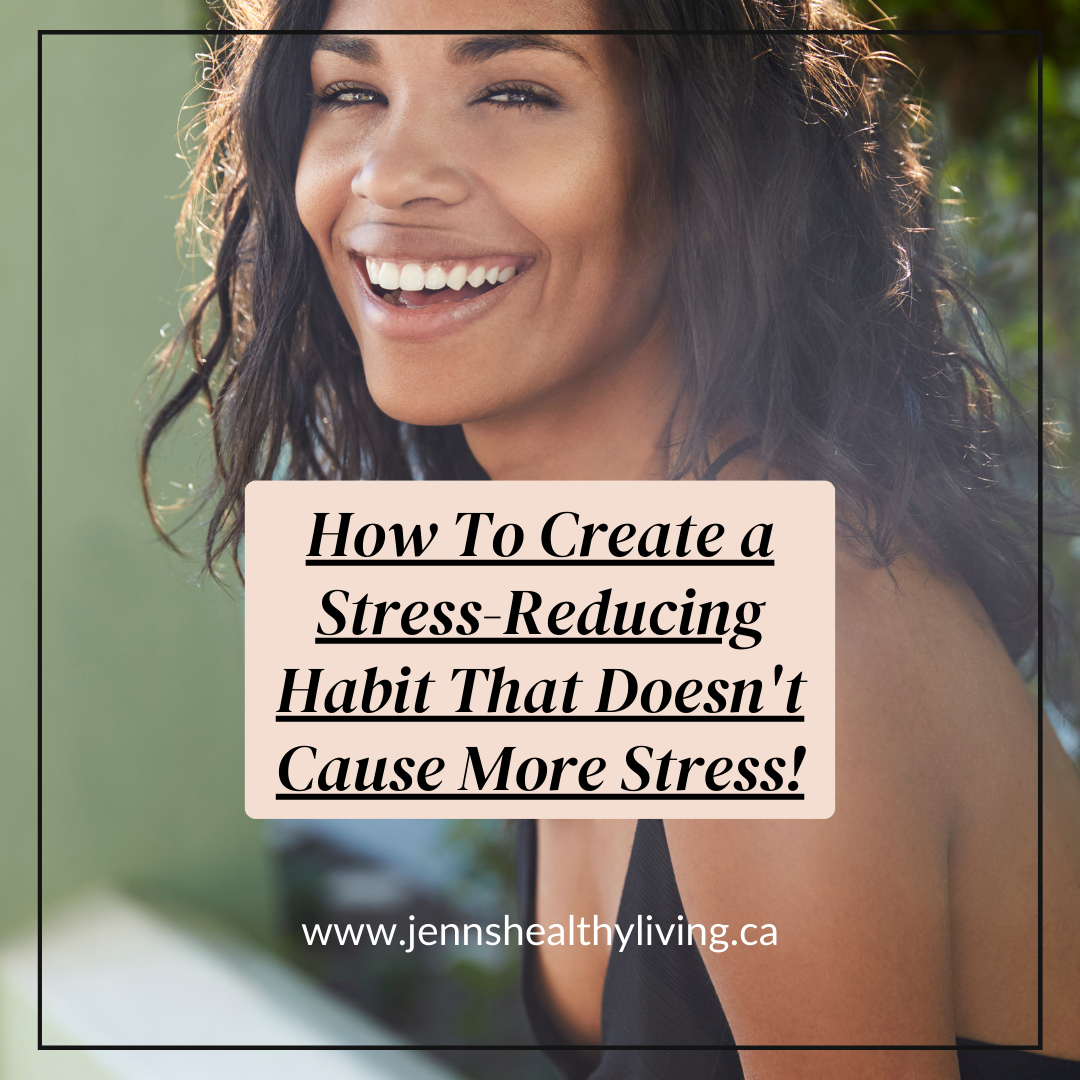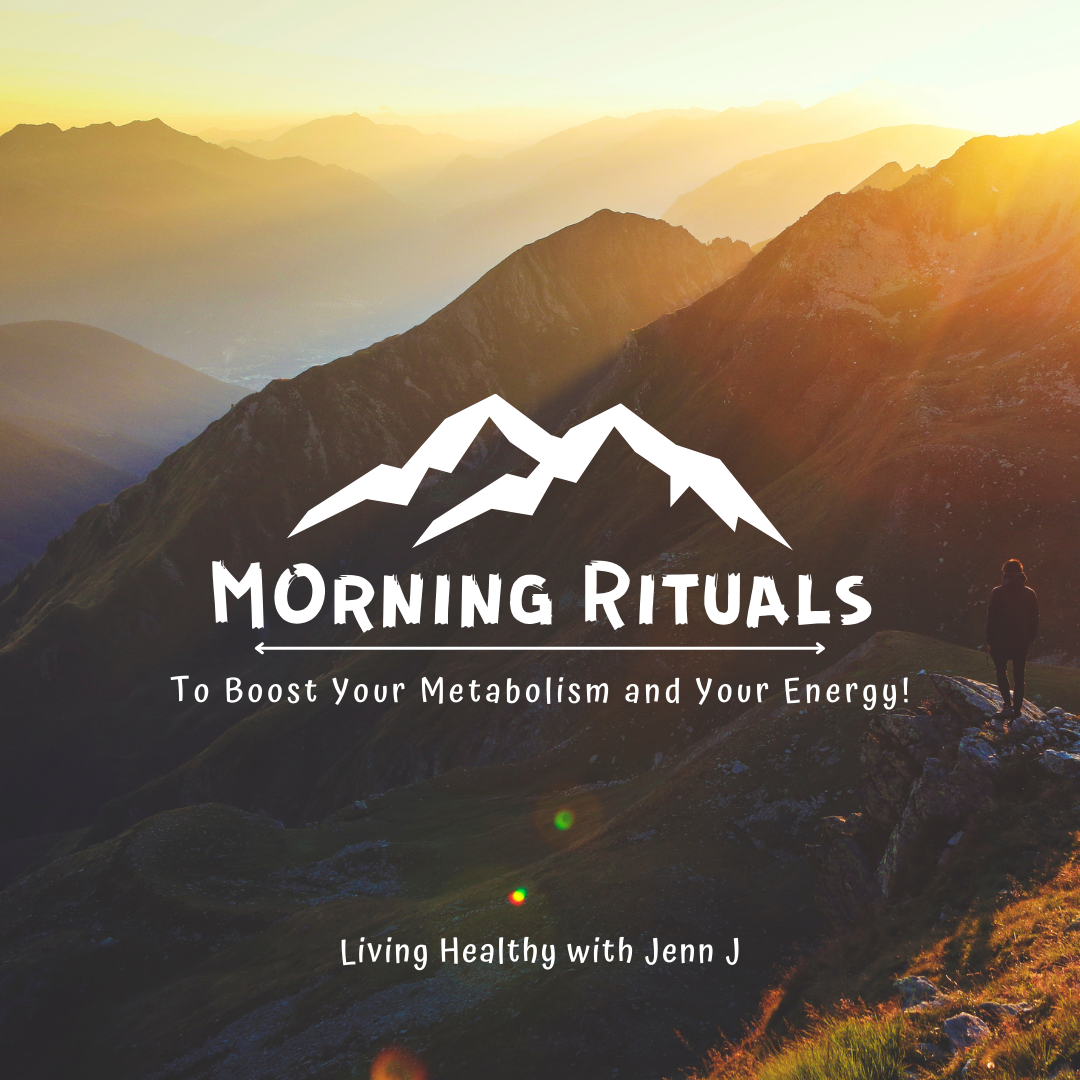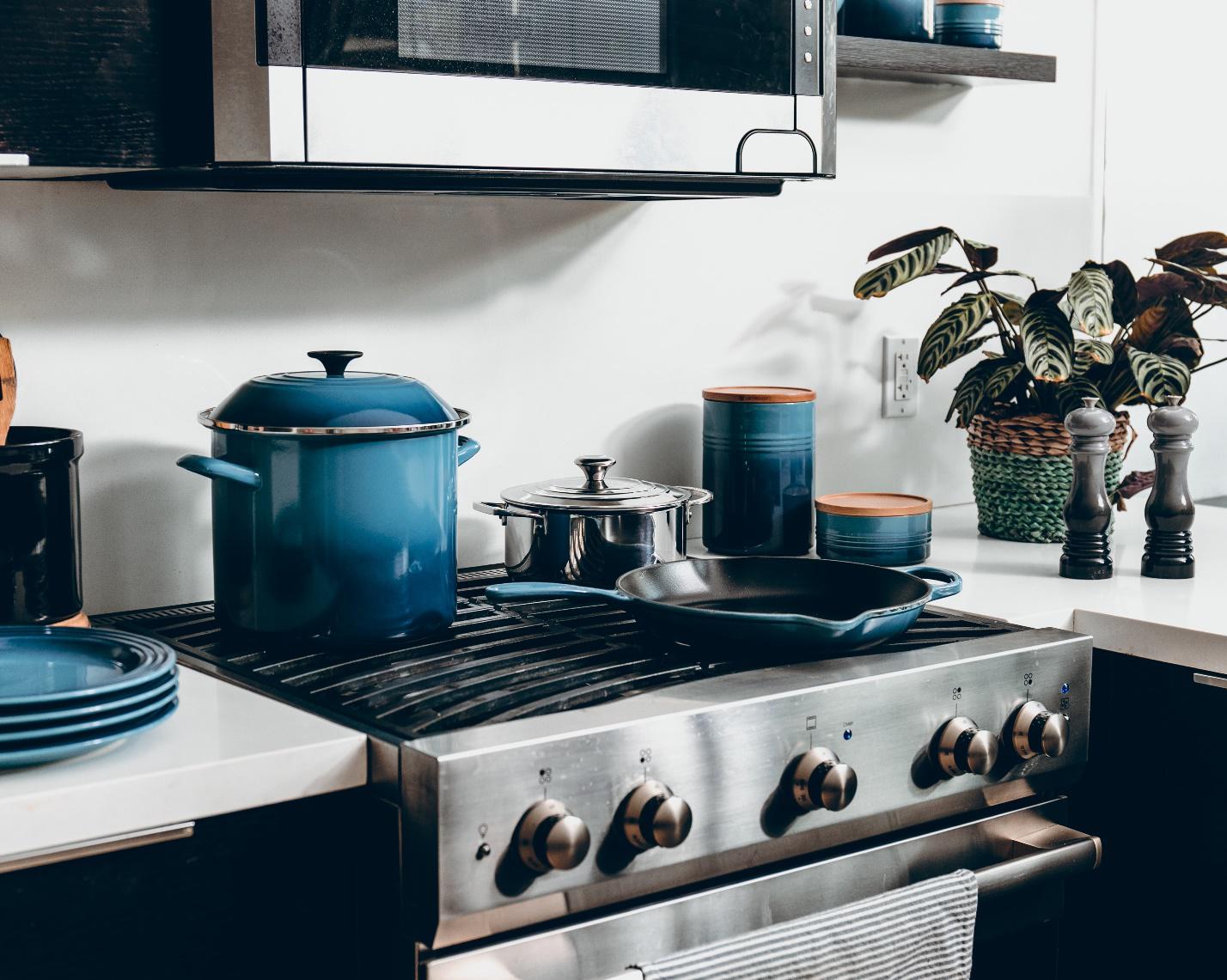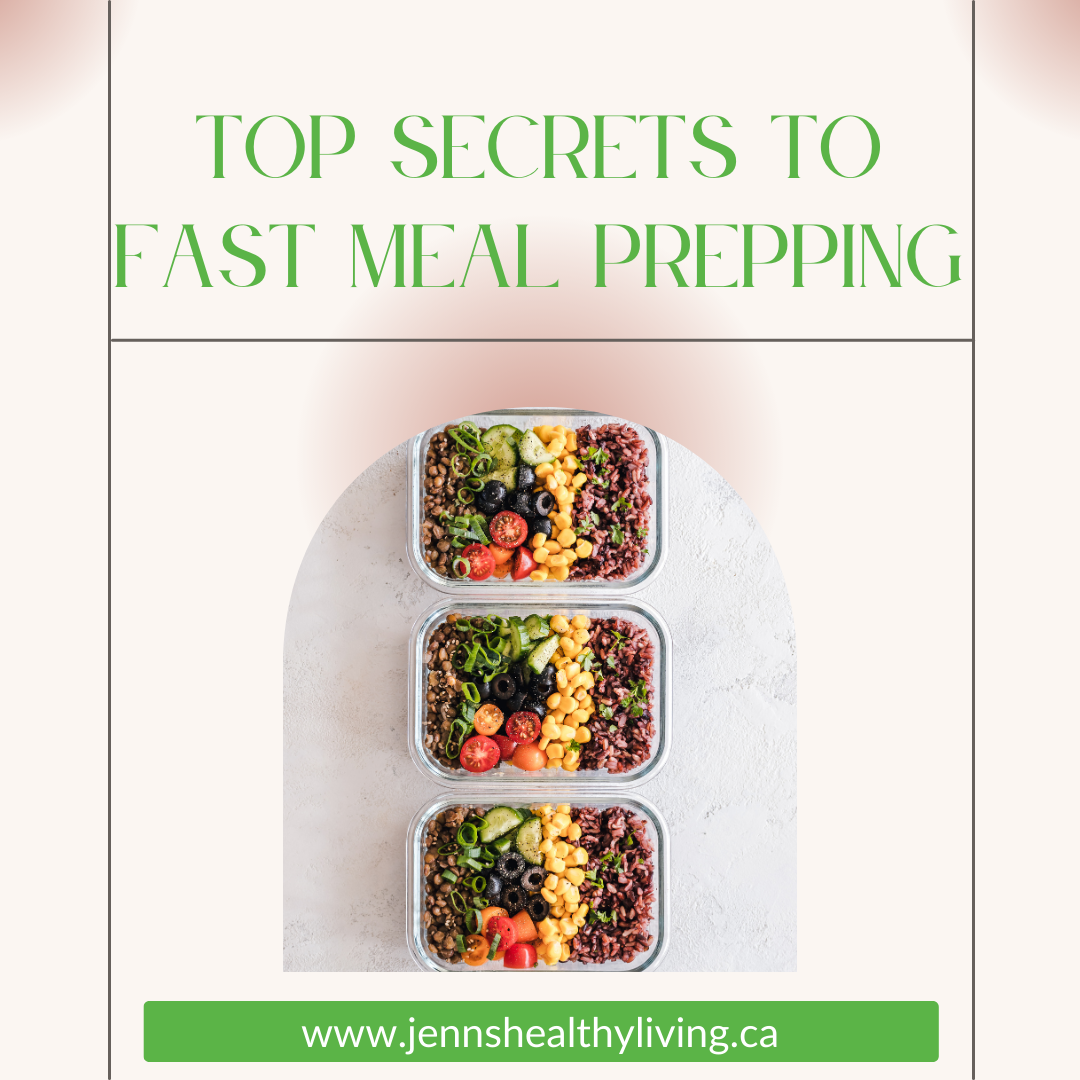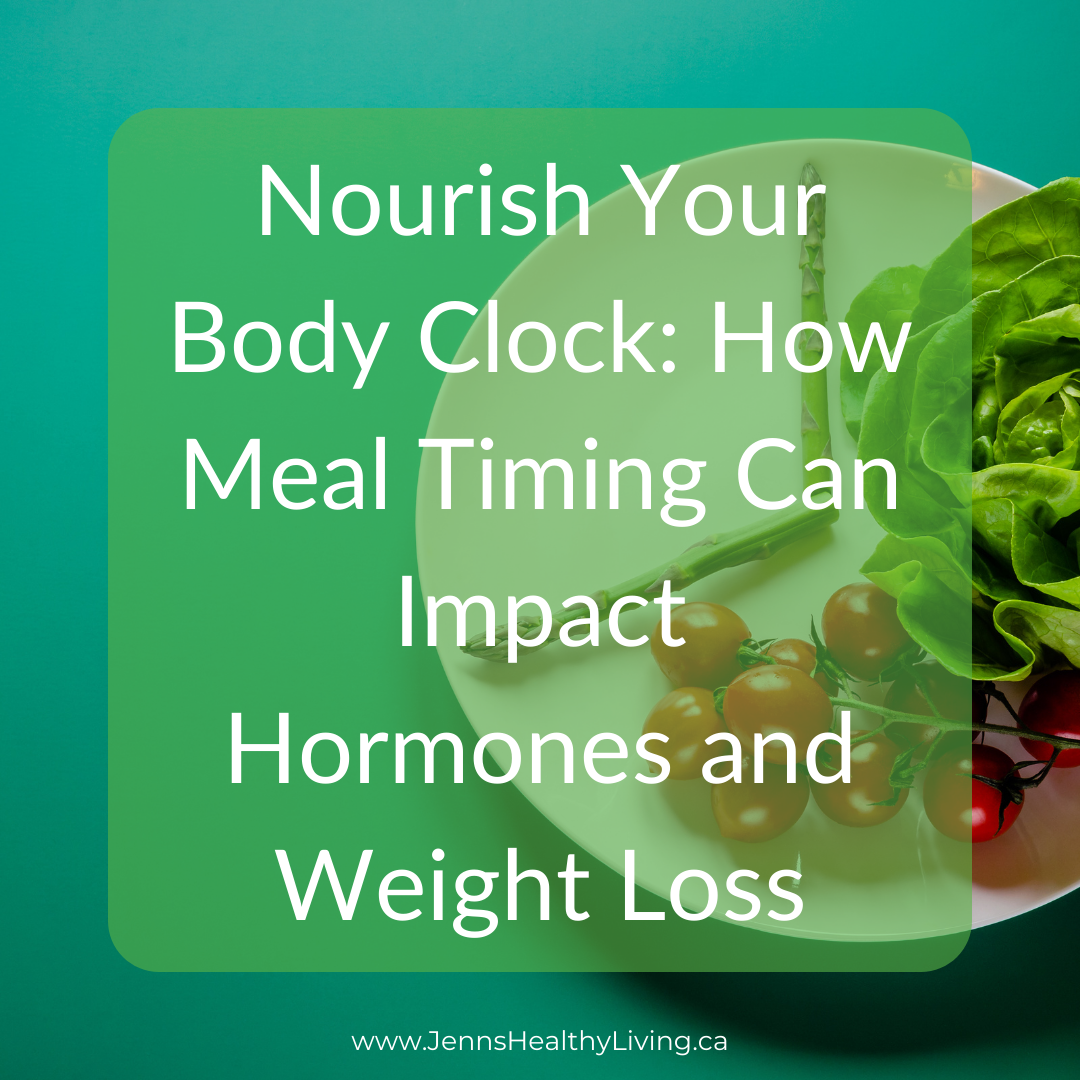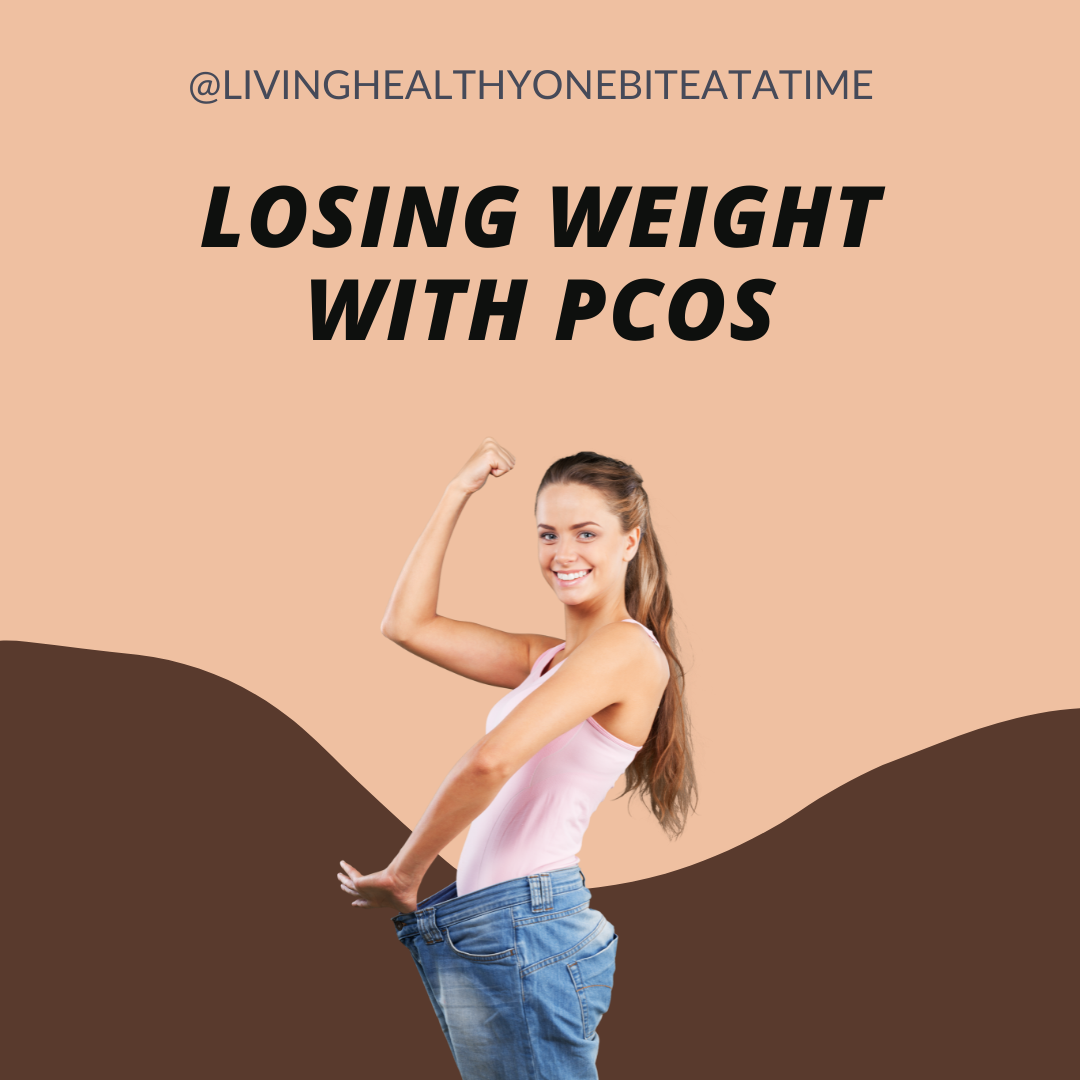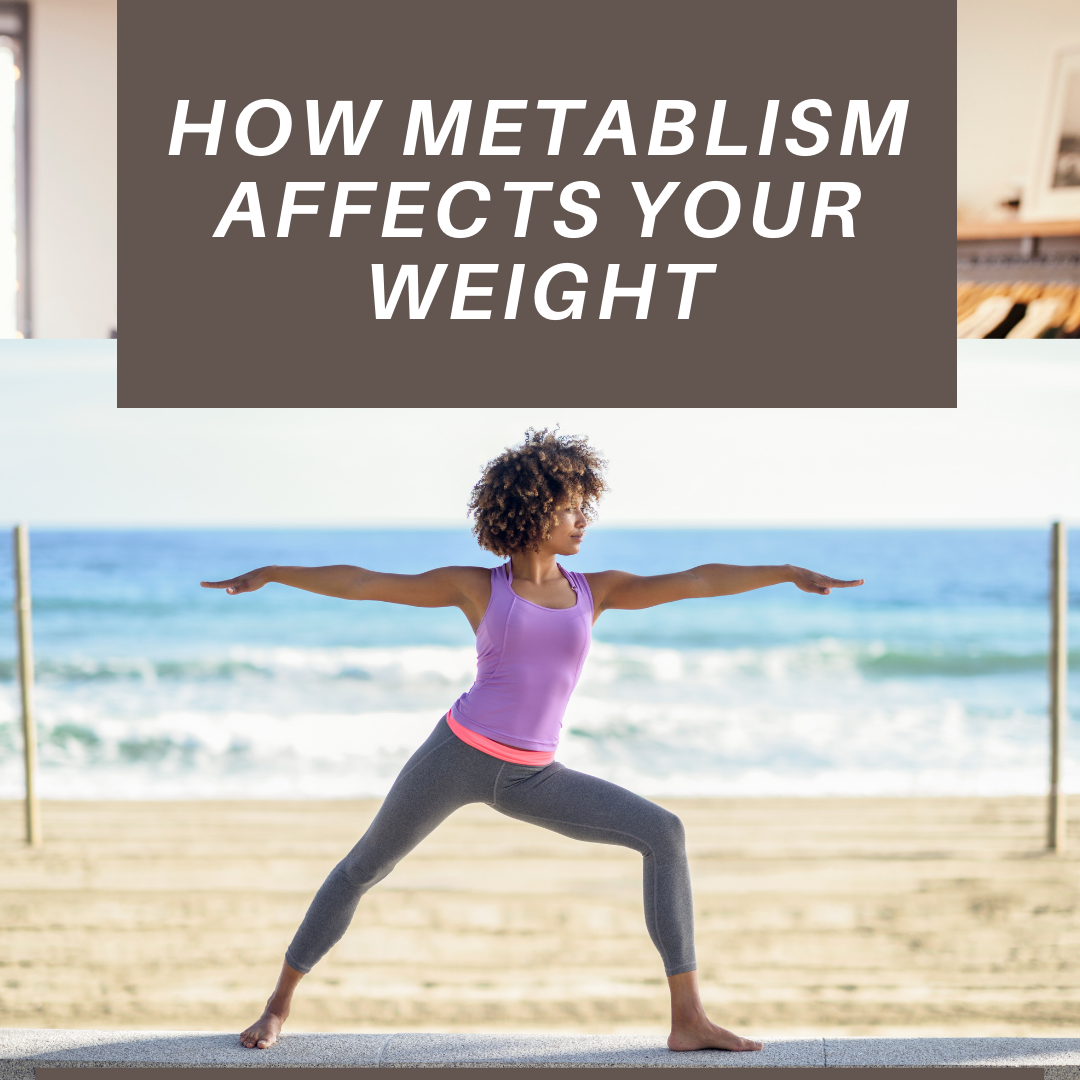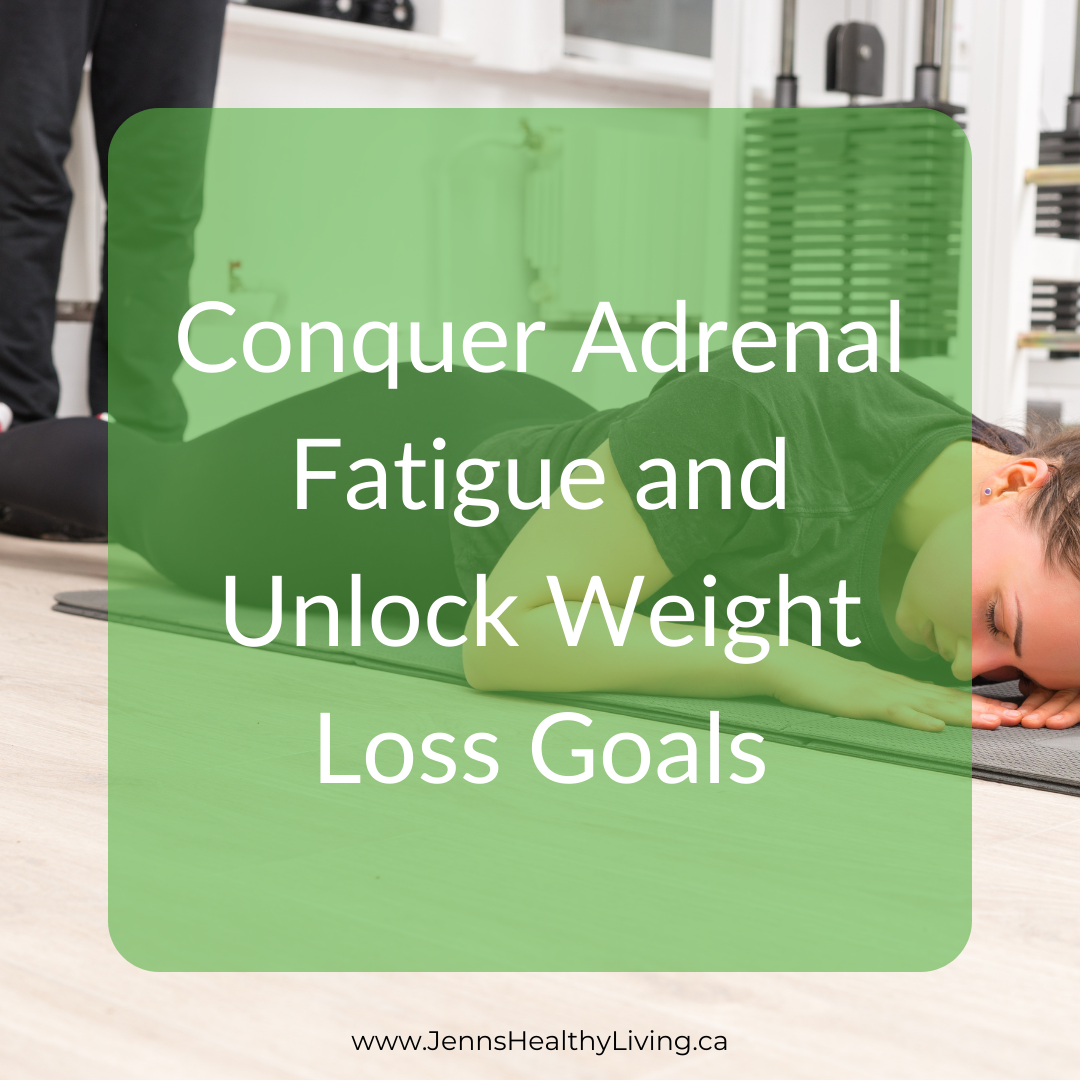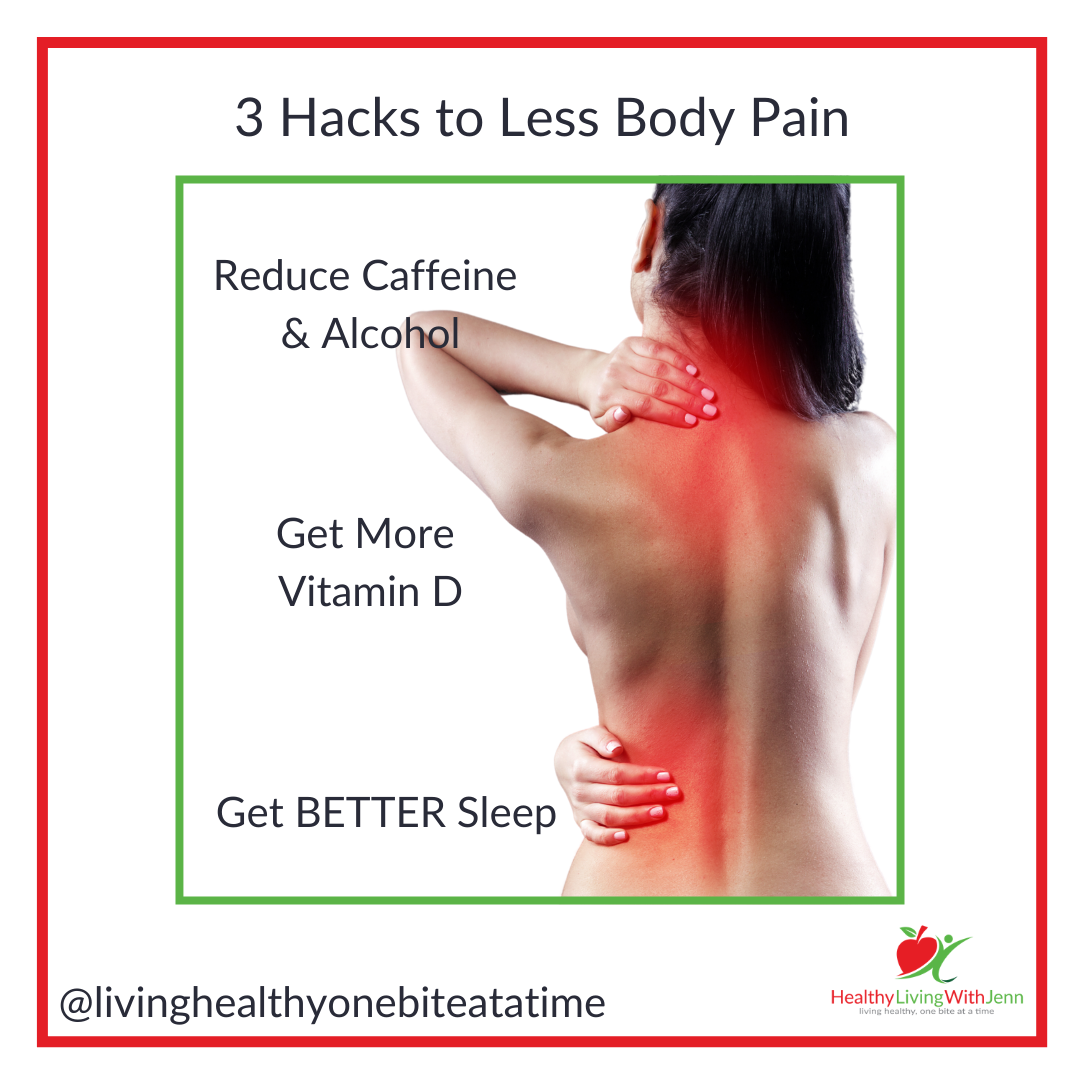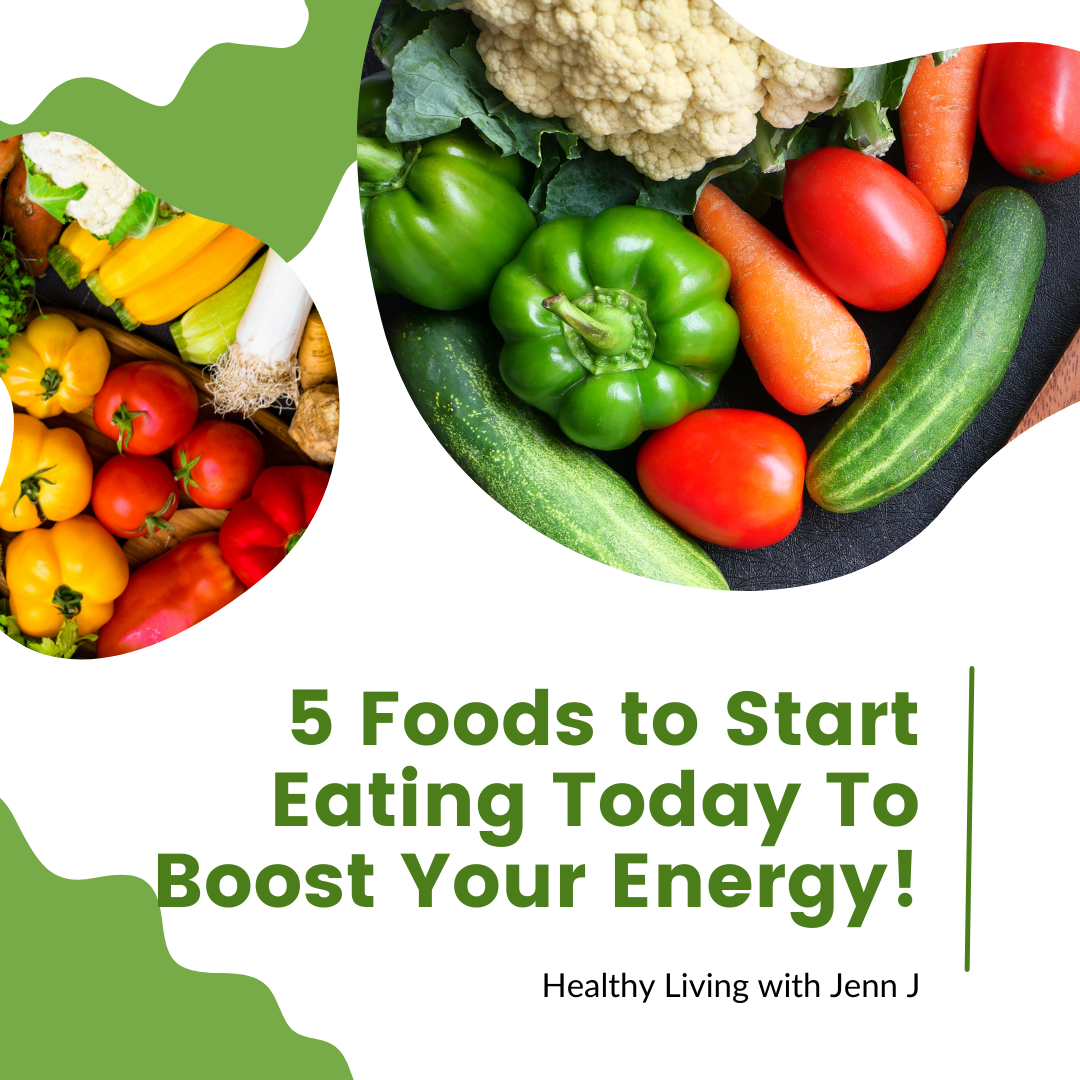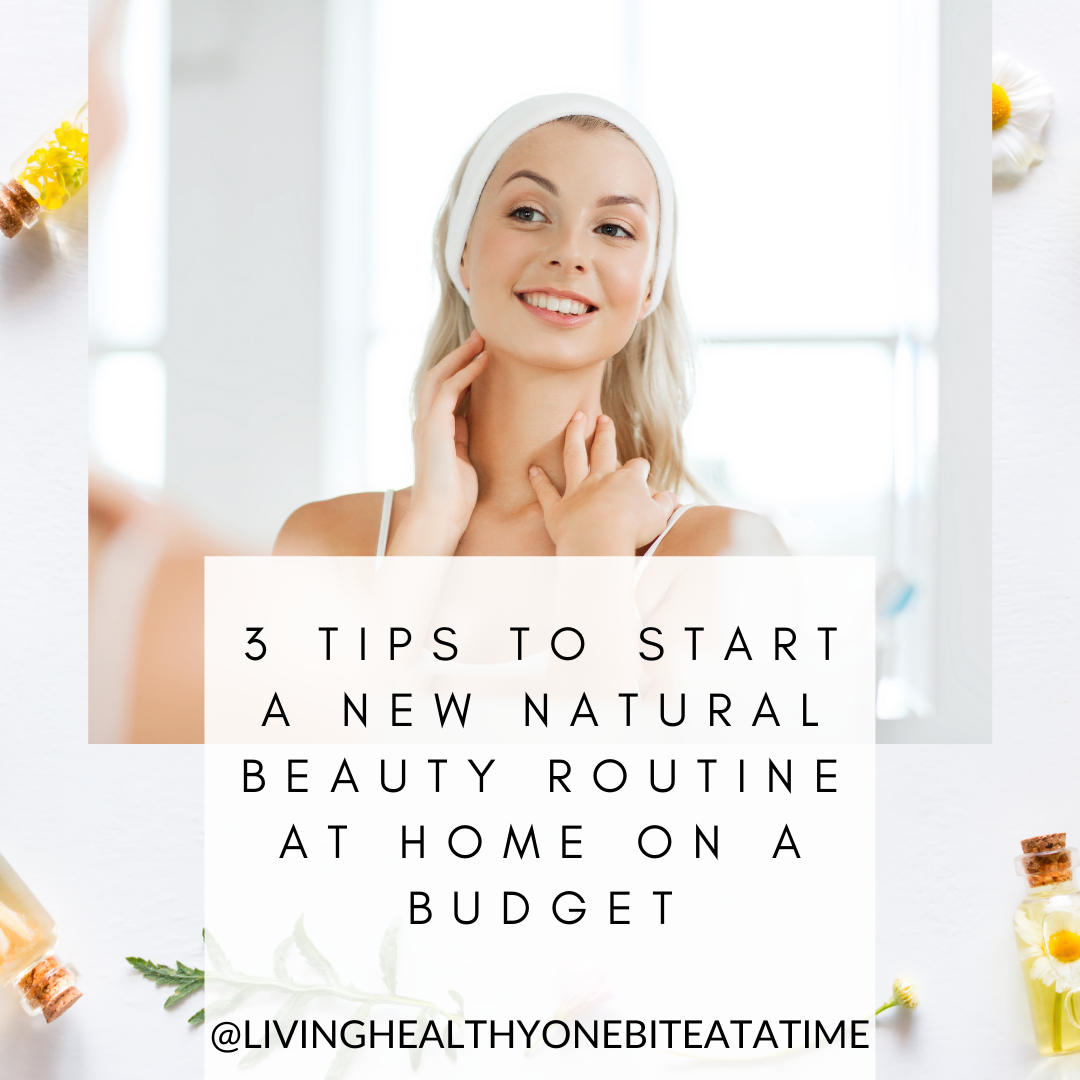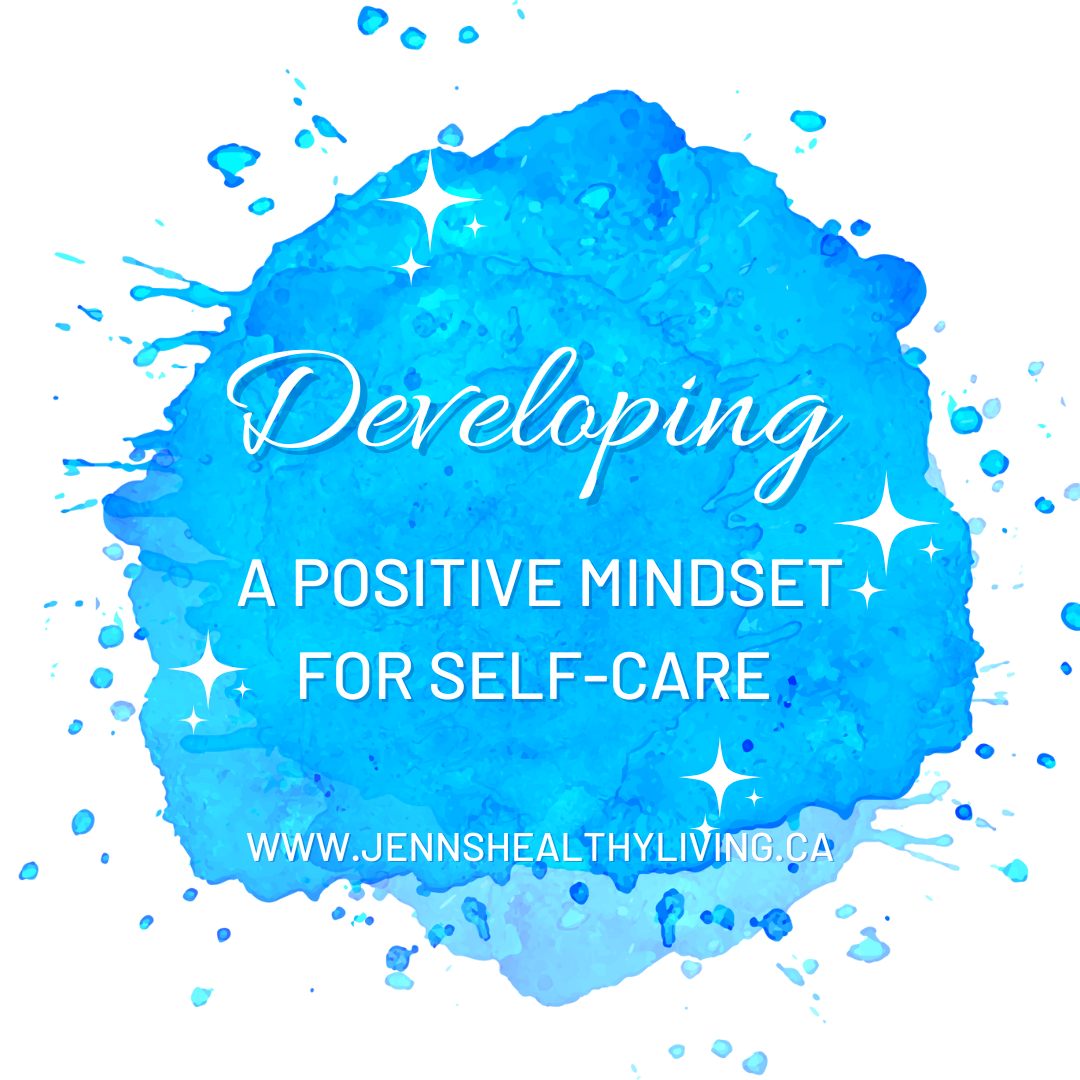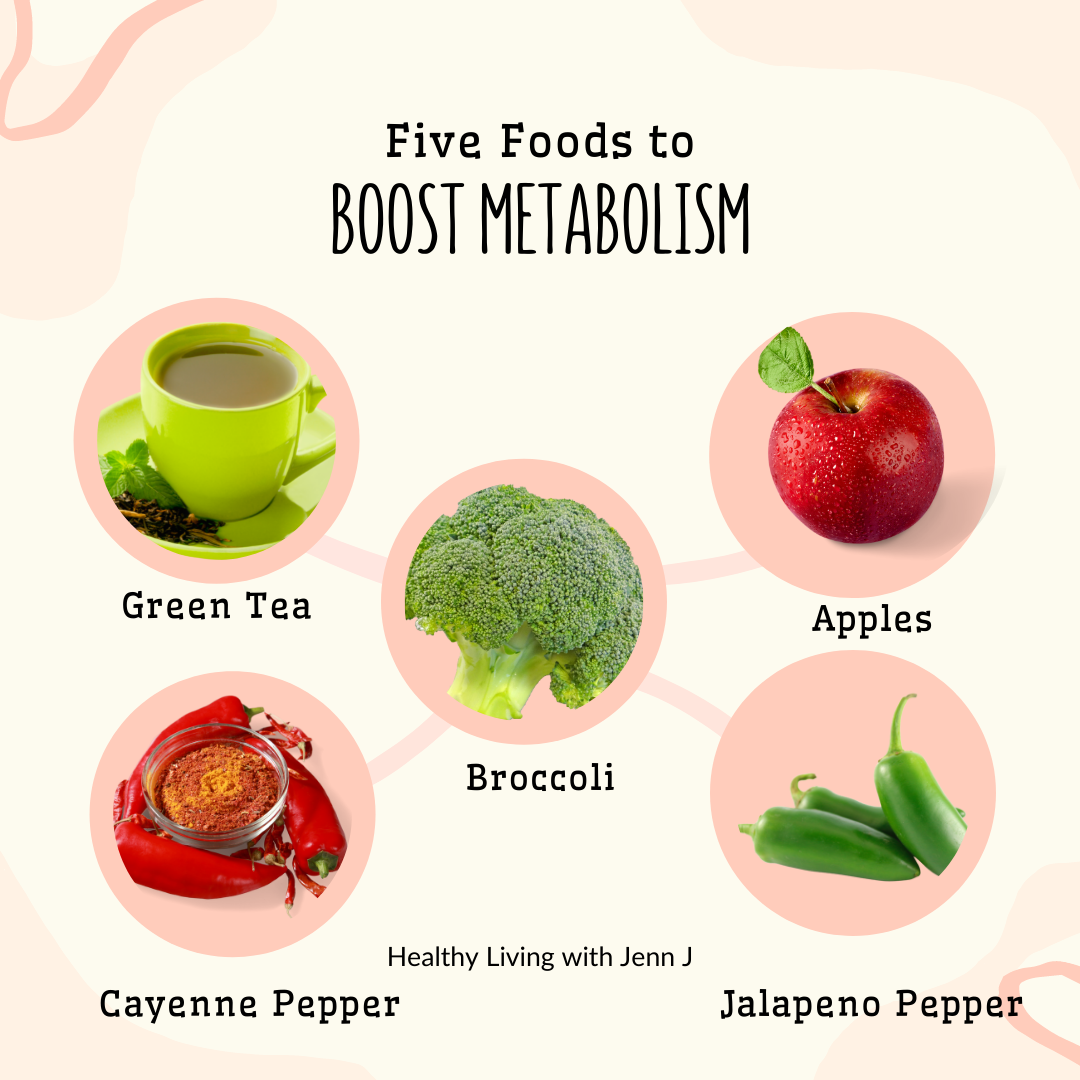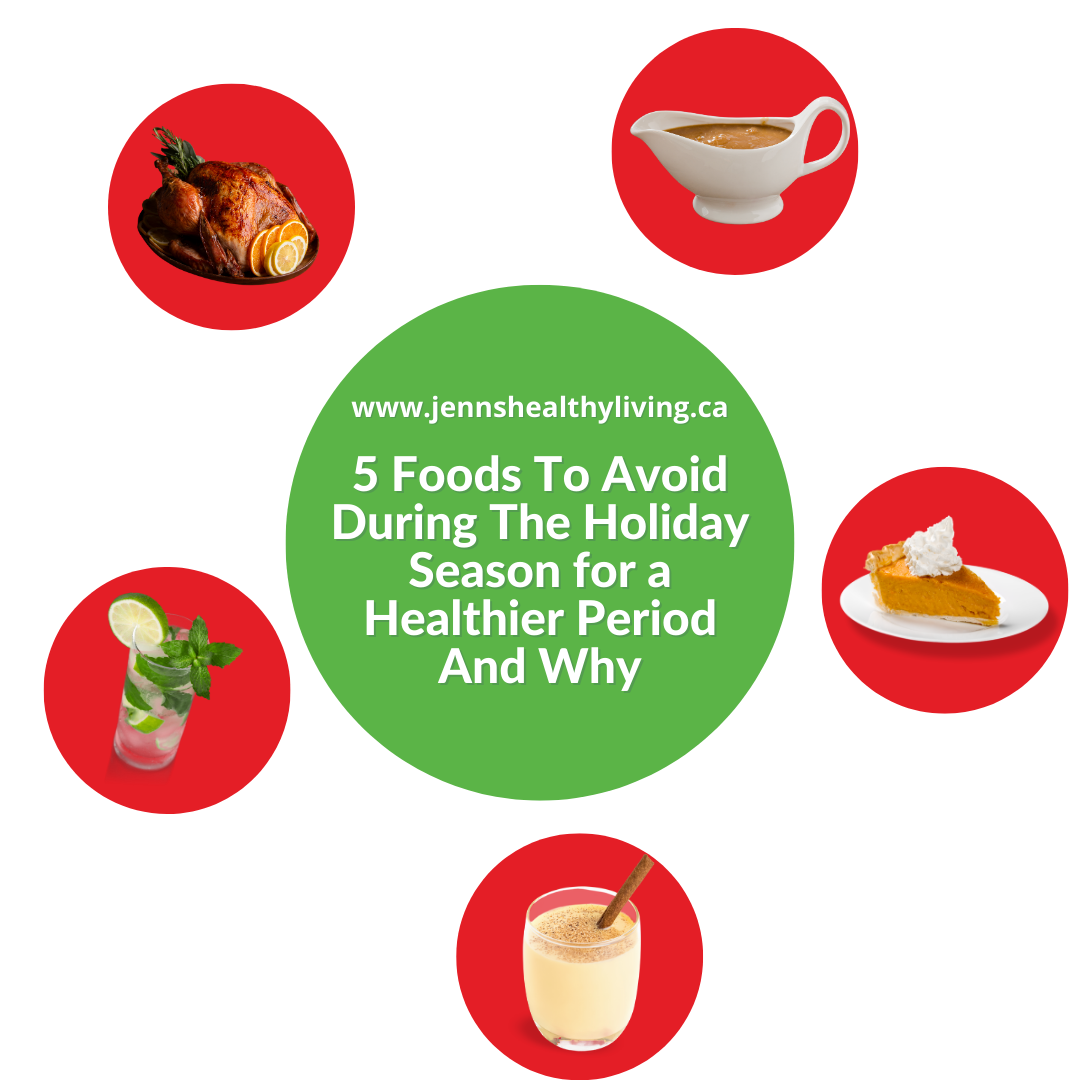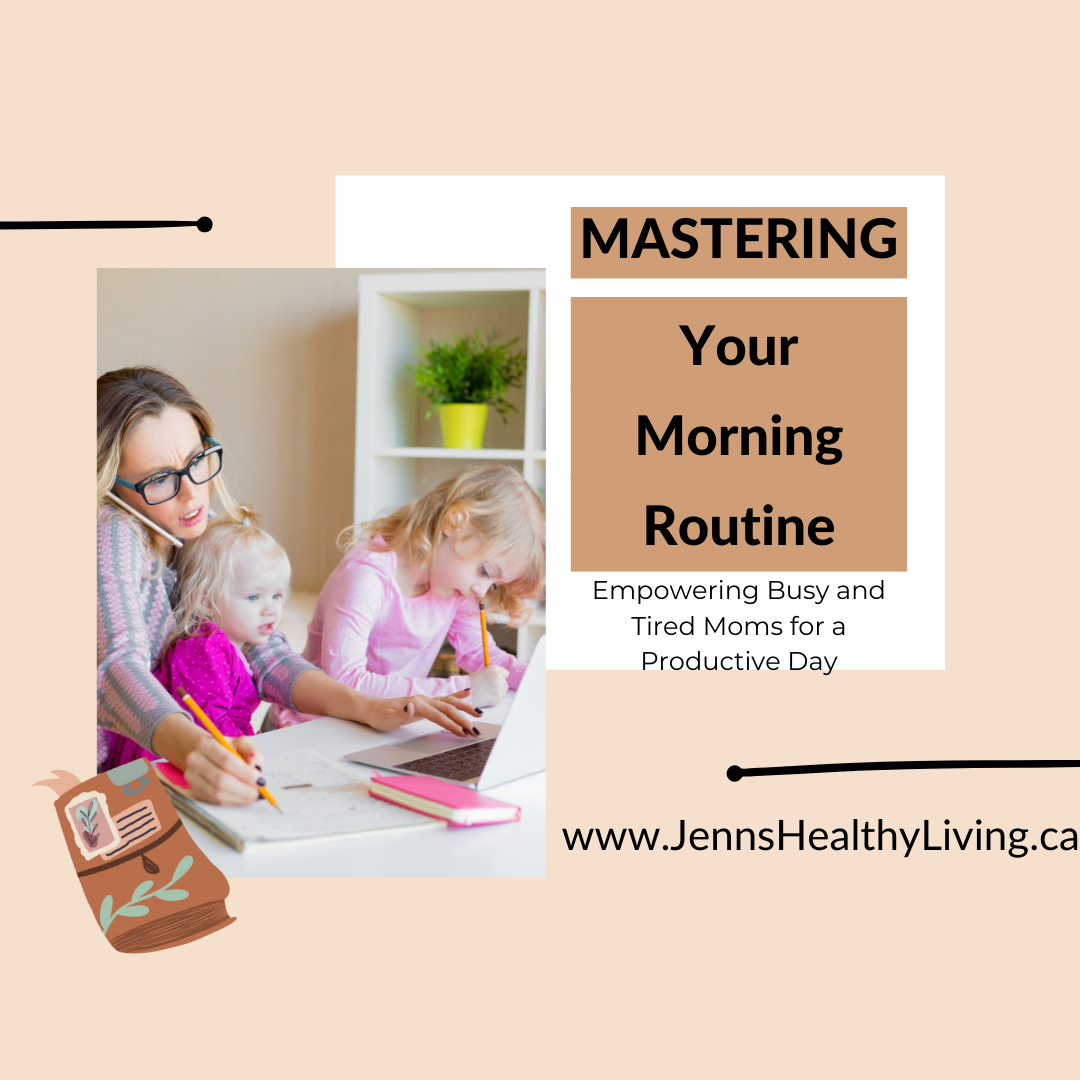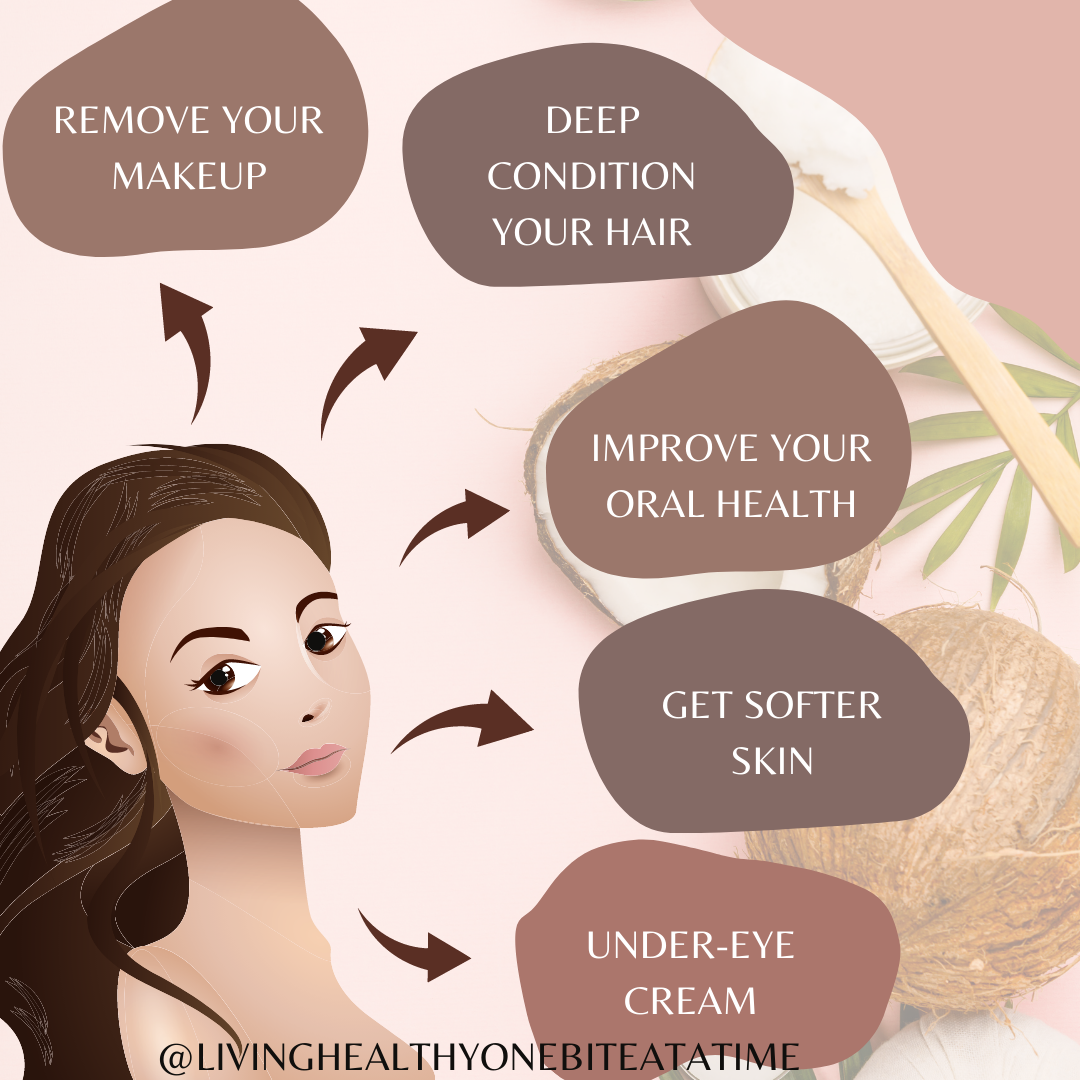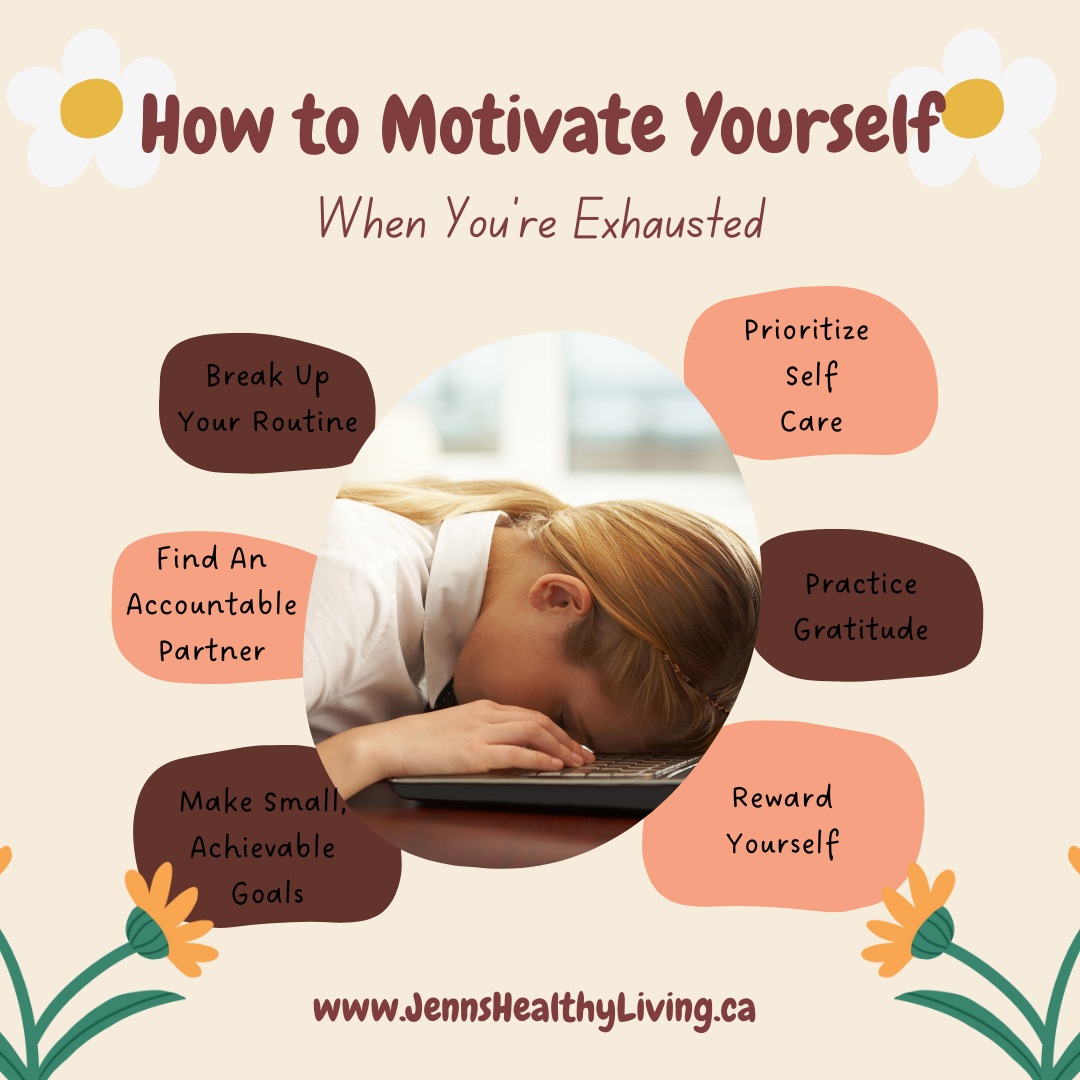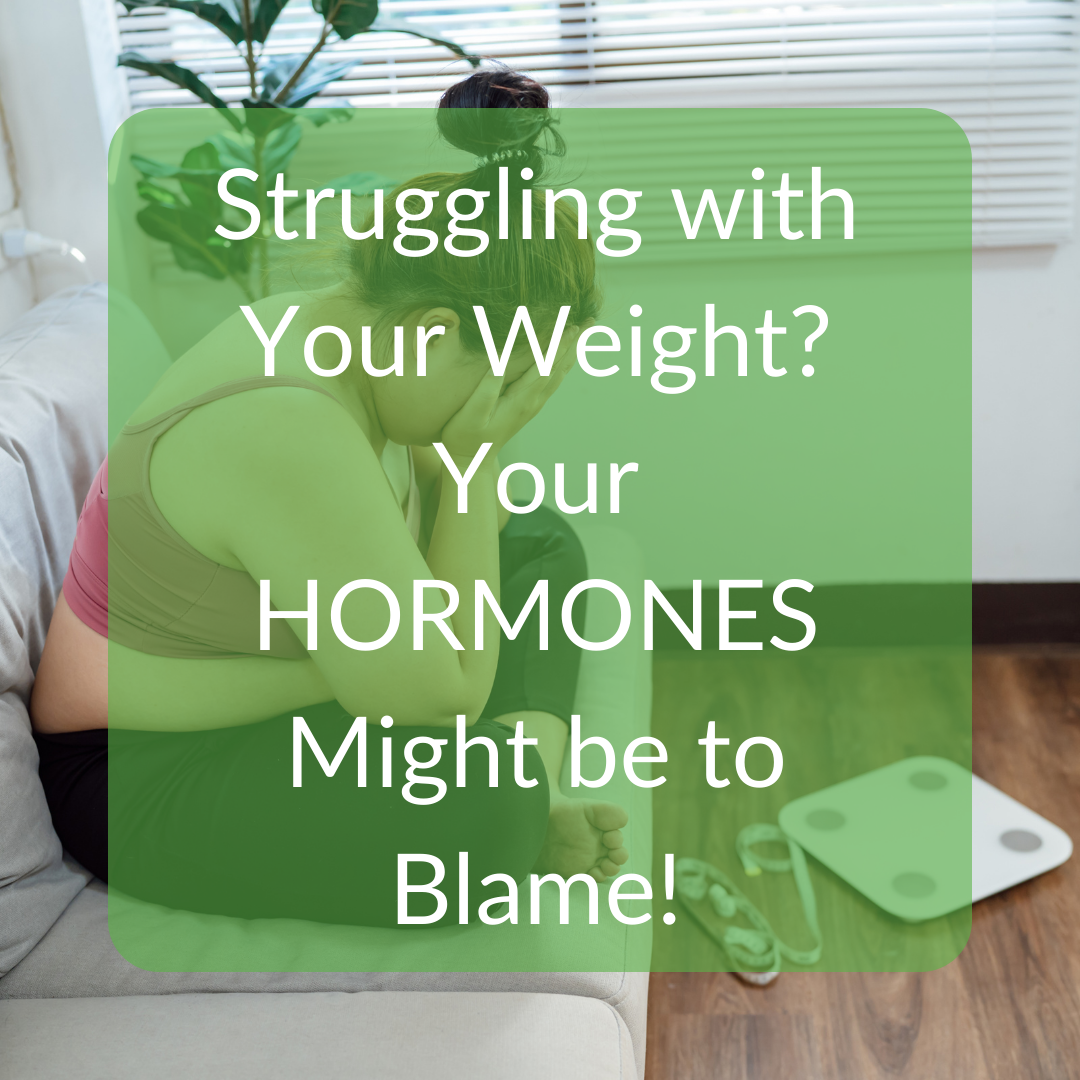How to Handle Negativity the Healthy Way
Do you ever feel yourself getting weighed down by the negative things in life? I was recently asked during a coaching call with a client struggling with emotional binge eating how to handle negativity in a healthy way so that those emotions don’t take over your life and disrupt your health commitments. So I’m here today to share the 4 biggest takeaways from that conversation!
Click below to watch the video or continue reading!
Hi, Iʼm Jenn J - I’m a women’s hormone health coach and family nutritionist. My practice is built on empowering women living with uncomfortable and debilitating hormonal symptoms like painful periods, mood swings, PMS, weight issues, and low energy to reclaim their lives and put their period problems to rest while helping the whole family eat healthier!
Do you ever feel yourself getting weighed down by the negative things in life? Do they tend to cause you to binge eat or skip eating altogether? Do they keep you up at night, leading you to be too tired the next day to get in your workouts?
The way that you confront these issues can have a major effect on the amount of energy that you put into them. The good news is that you can learn a group of tricks to keep yourself from getting sucked too heavily into a doomed way of thinking.
If you could learn these tricks, would you use them right away?
The first thing to note is that:
Pain Is a Natural Reaction
One thing that a lot of people seem to forget is that it’s normal to feel hurt or upset when bad things are done or said to you. It’s important for you to accept that you can be affected by things in your environment, but how you choose to deal with them is always a matter of how you choose to react to the situation. Instead of burying pain, or becoming a reactionary, you can aim to make more productive choices, but being sad is a part of life. Recognize it, label it, accept it, and allow yourself to feel it, but don’t allow it to control you.
If you’re like me, and your natural reactions are to react emotionally rather than rationally, then maybe one of my favourite mantras can help you, too.
"This is a phase and this, too, shall pass."
Find Ways to Express Yourself
When you’re feeling upset, there are a lot of ways to deal with your emotions. One way that people have dealt with their emotions since the beginning of time is through that of expression. People have a desire to create things, and art in its various forms can be an excellent way to express feelings that you might not be able to discuss in conventional ways. Things like musical pieces and paintings can express multifaceted and subtle shades of emotion. That’s part of why art can stand the test of time to the point that art remains valuable hundreds of years after it has been created and the creator has long since passed away.
I’ve grown up very emotionally immature, so in the days when I had a really hard time expressing my emotions and putting them into words, I found that listening to music was helpful as it could help me articulate what I was feeling. I’m sure I’m not alone in this process.
Do Something Healthy for Yourself
Choose something healthy that you can do for yourself. This can include things like learning new languages, taking a bath, working out, or anything else that enriches your quality of life. Giving yourself something good to focus on can also give you a lot of confidence. Increasing your skill set will almost certainly open new doors for you in the future.
Breathe Deeply
Don’t forget to breathe deeply, and completely. Another reason that people have panic attacks is that they have bad breathing habits. People who don’t breathe deeply enough can cause their hearts to become weak over time.
Box breathing can be an effective form of breathing to teach you how to breathe more deeply and completely, as well as being an excellent way to reset the emotional side of your brain and bring some rational thinking abilities back to your situation.
So the next time you’re dealing with negative things in your life, remember that how you’re responding to them can make all of the difference!
Give these a try: (1) recognize your pain and know that it’s a normal process of life, (2) find ways to express yourself, (3) do something healthy for yourself that feels good, and (4) breathe deeply.
If you found this information helpful, be sure to share it! Thank you so much!
And remember to keep living healthy, one bite at a time!

